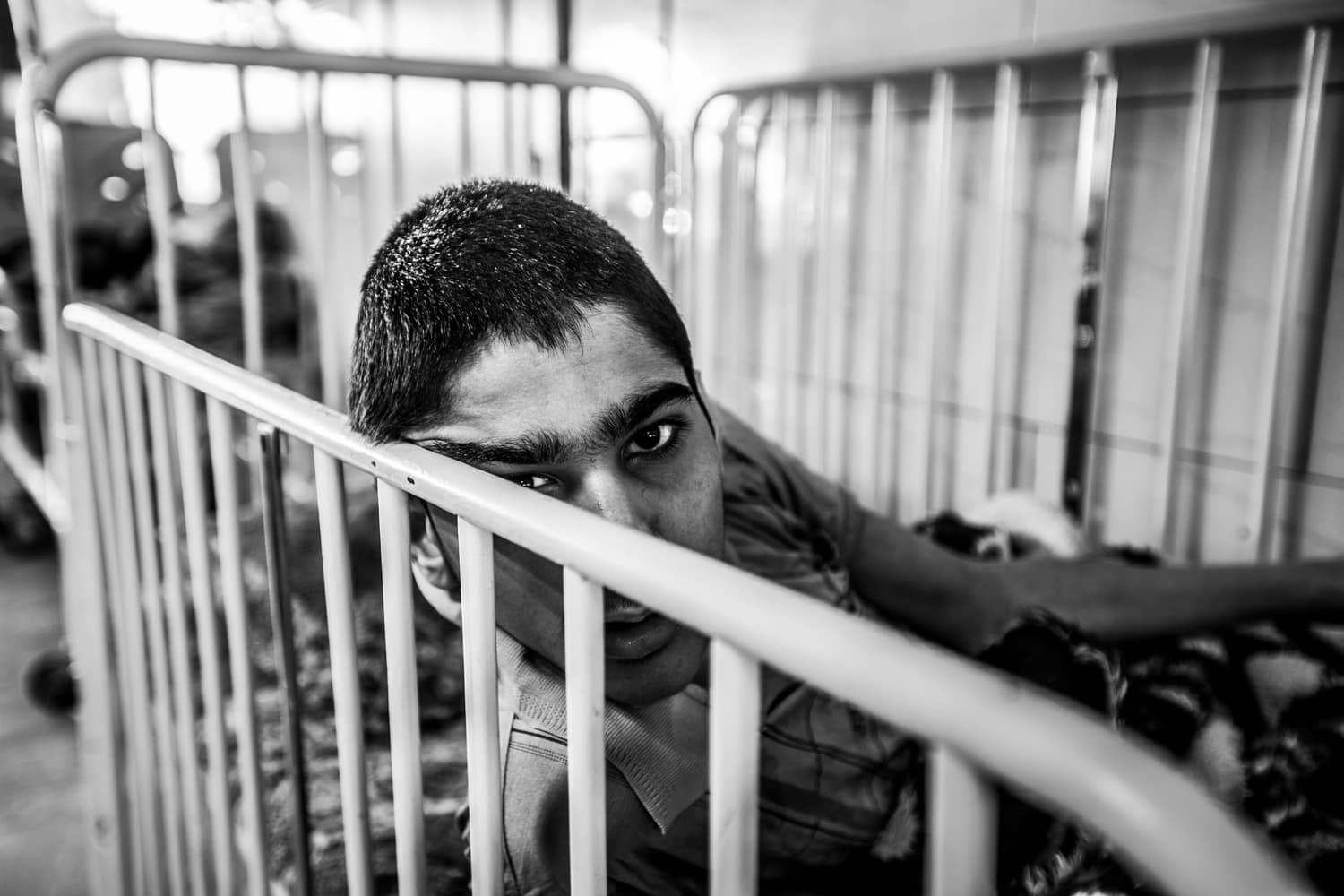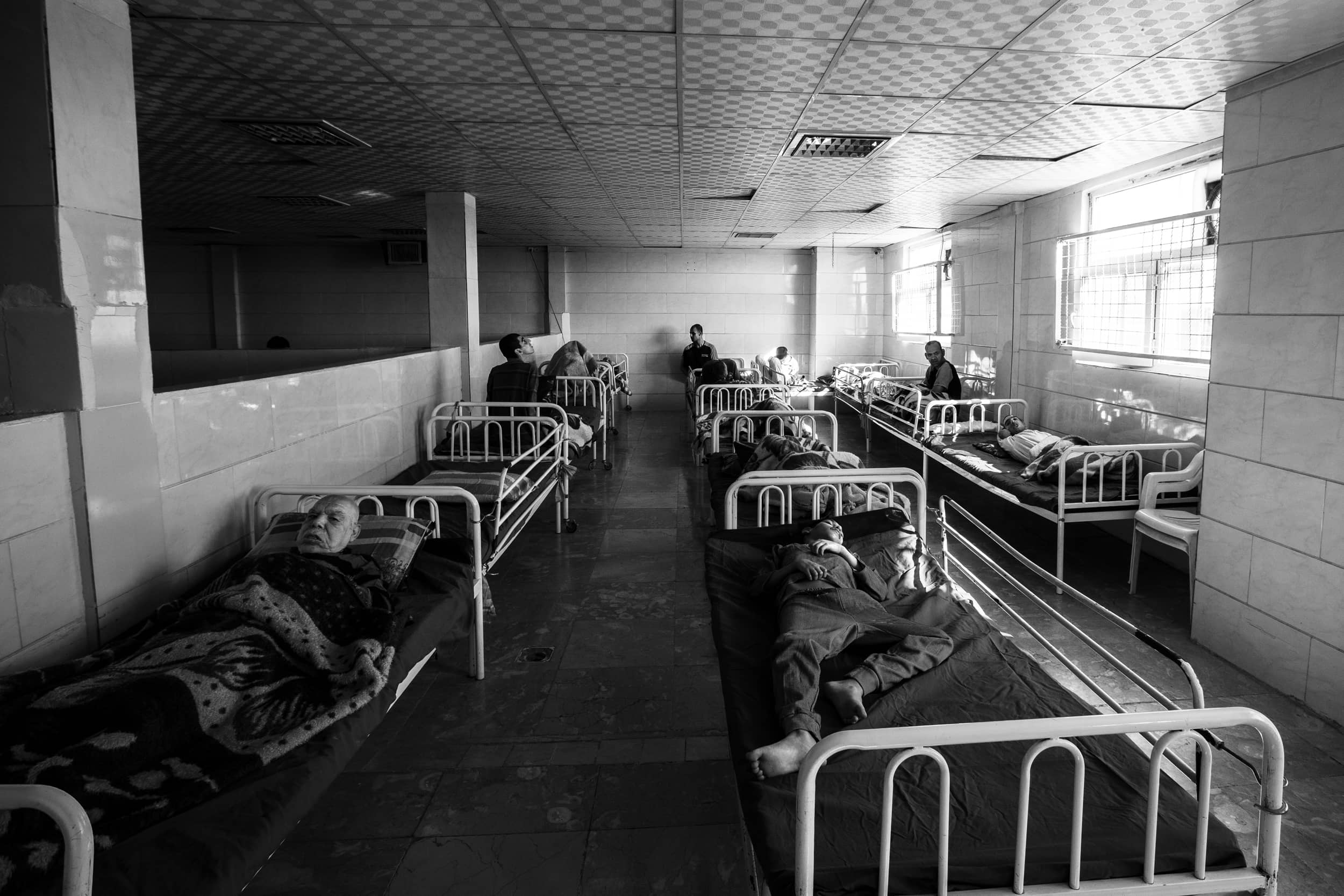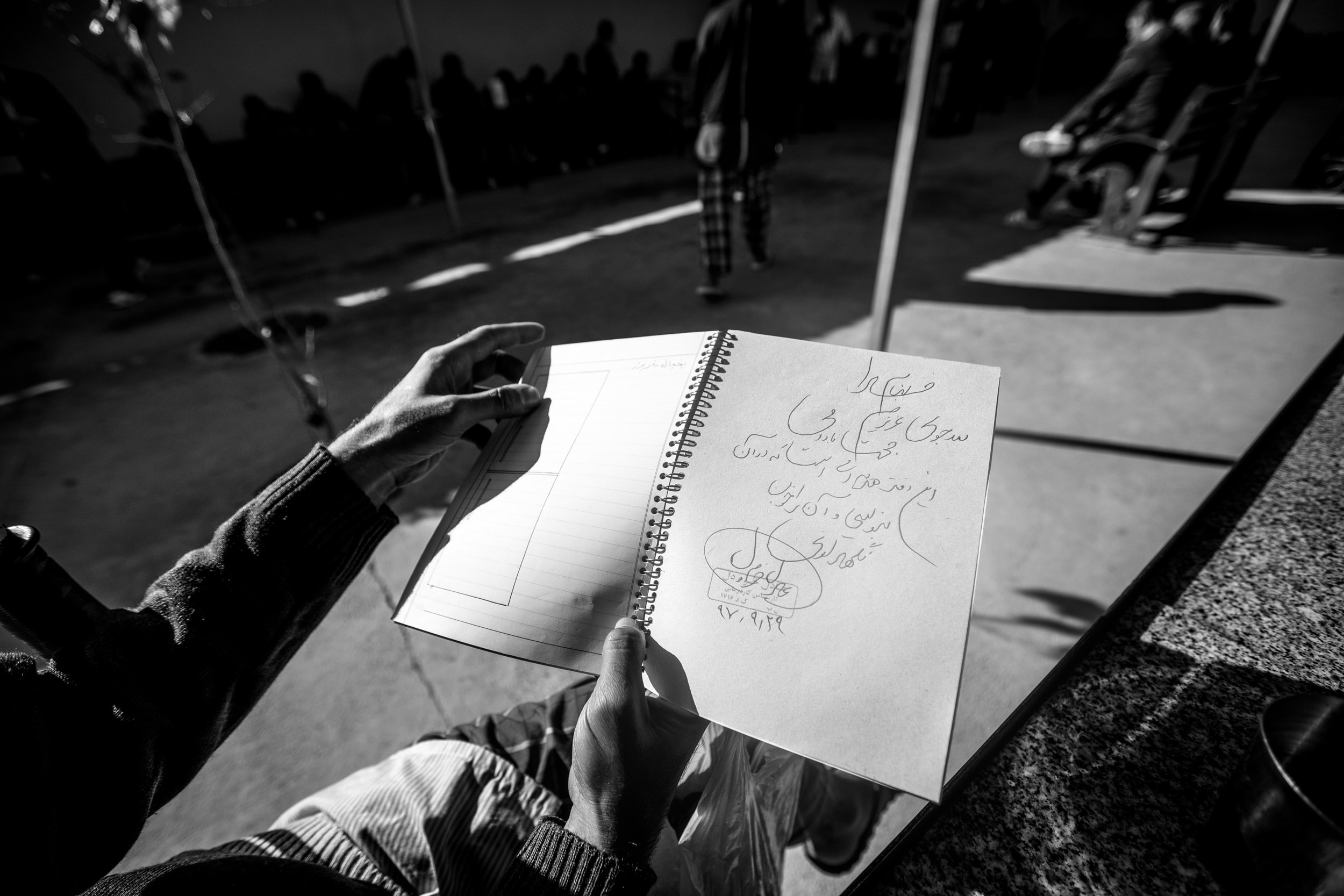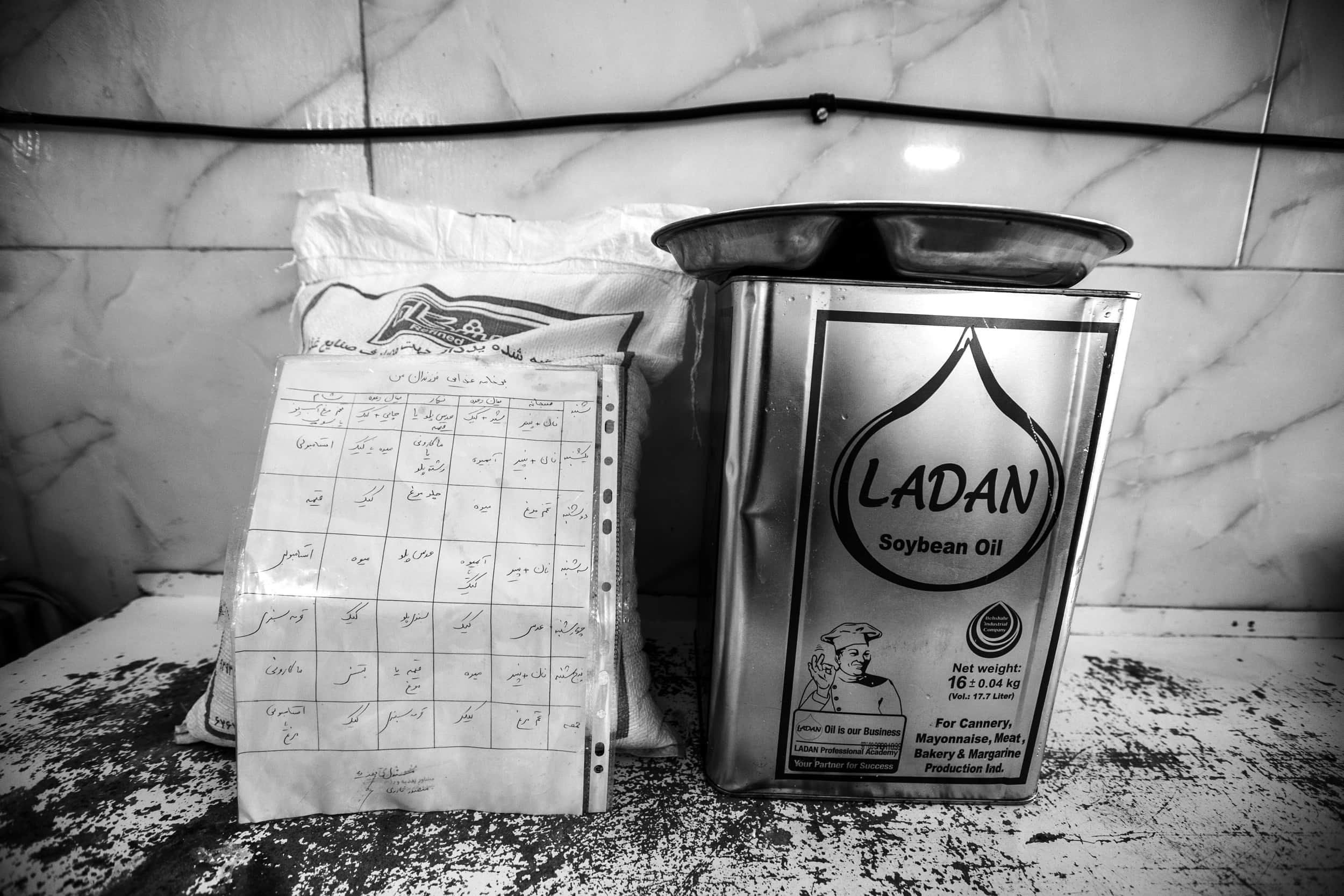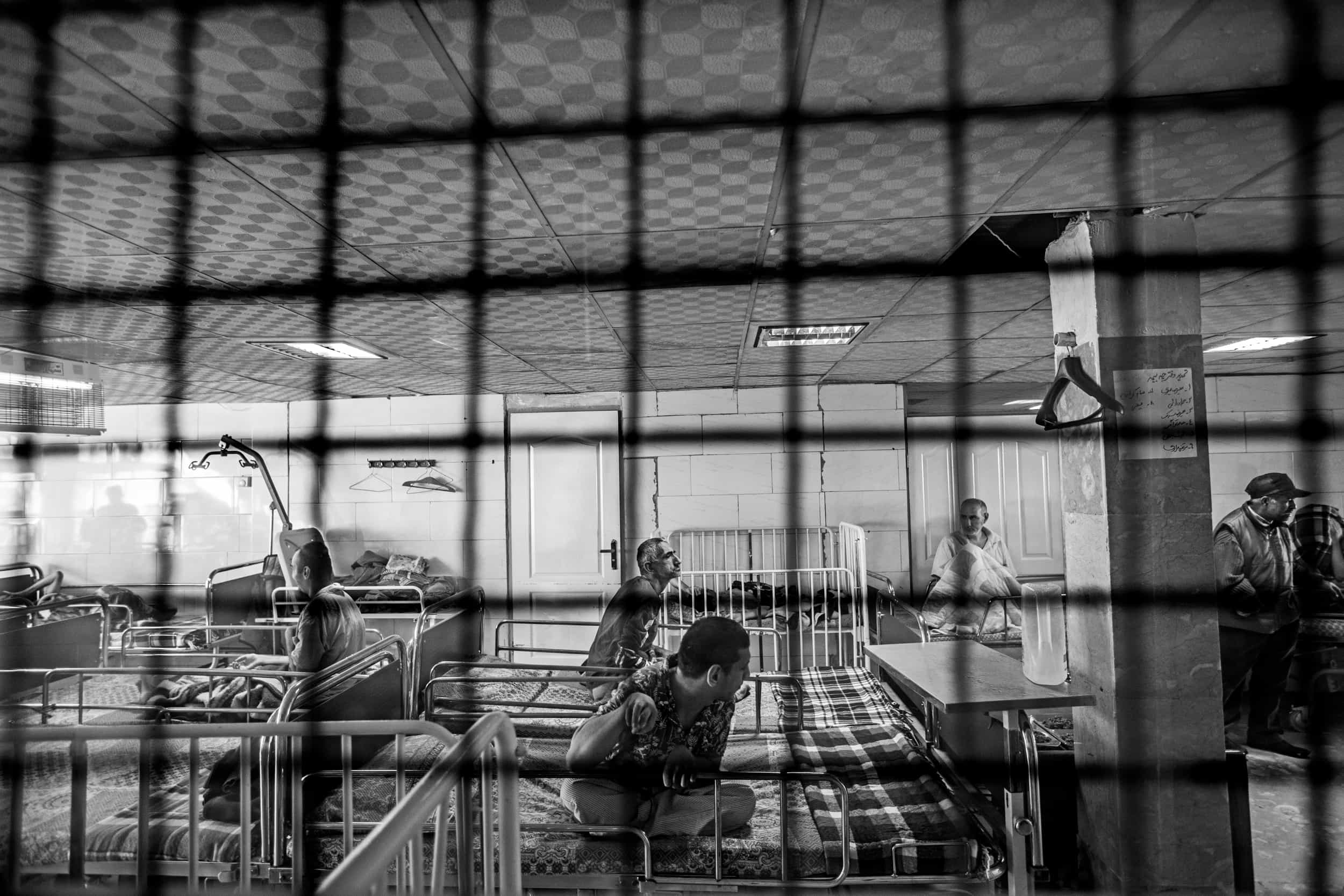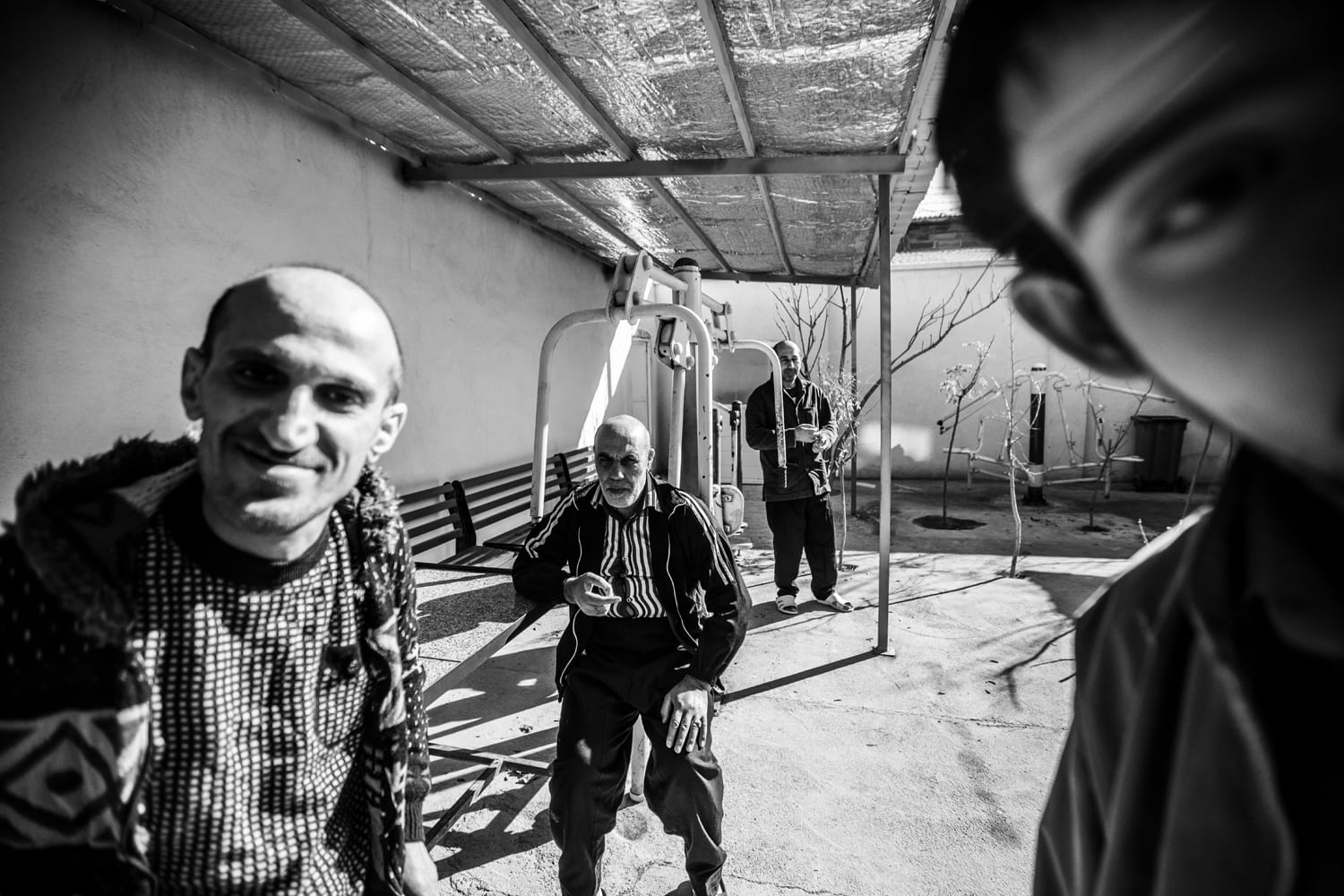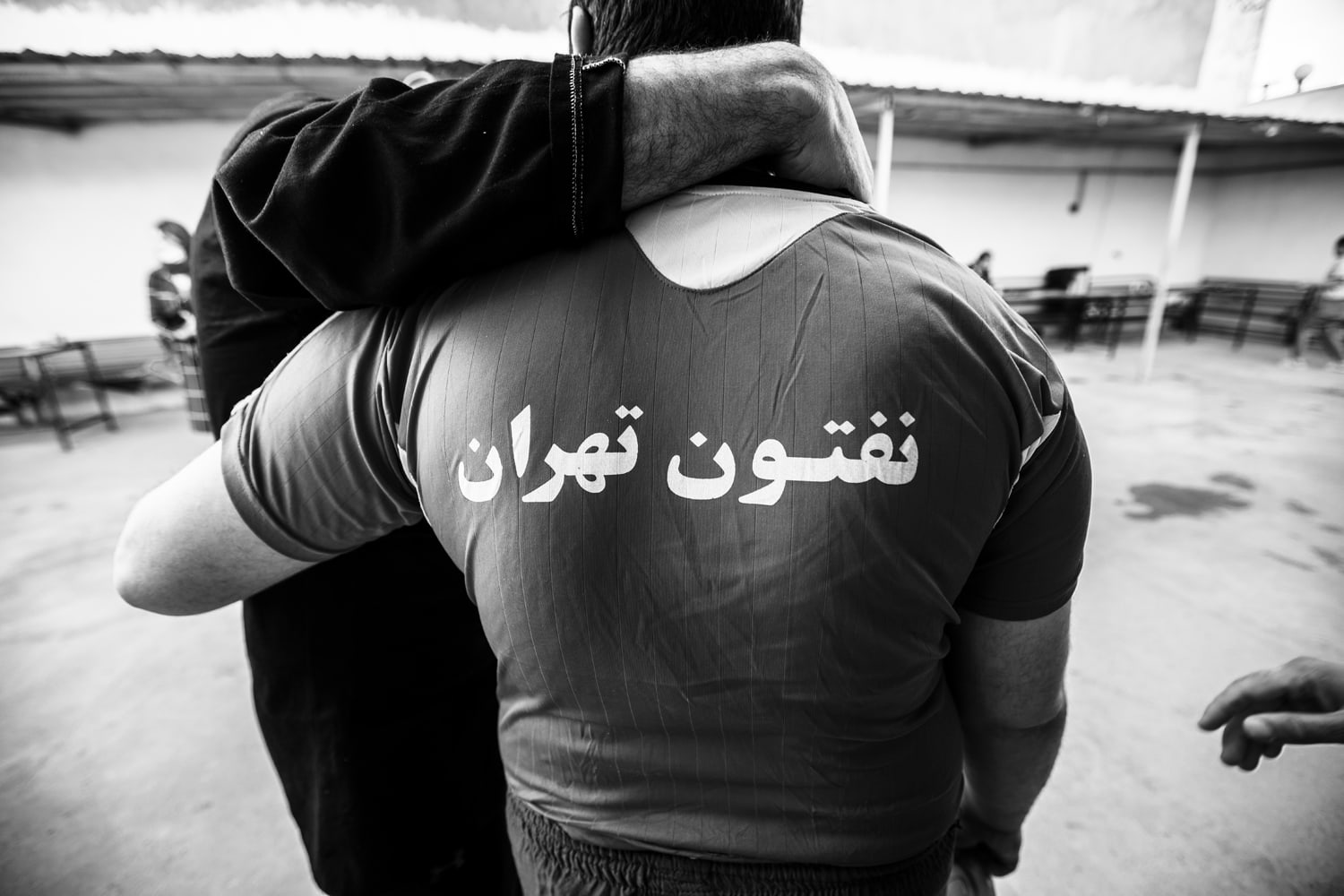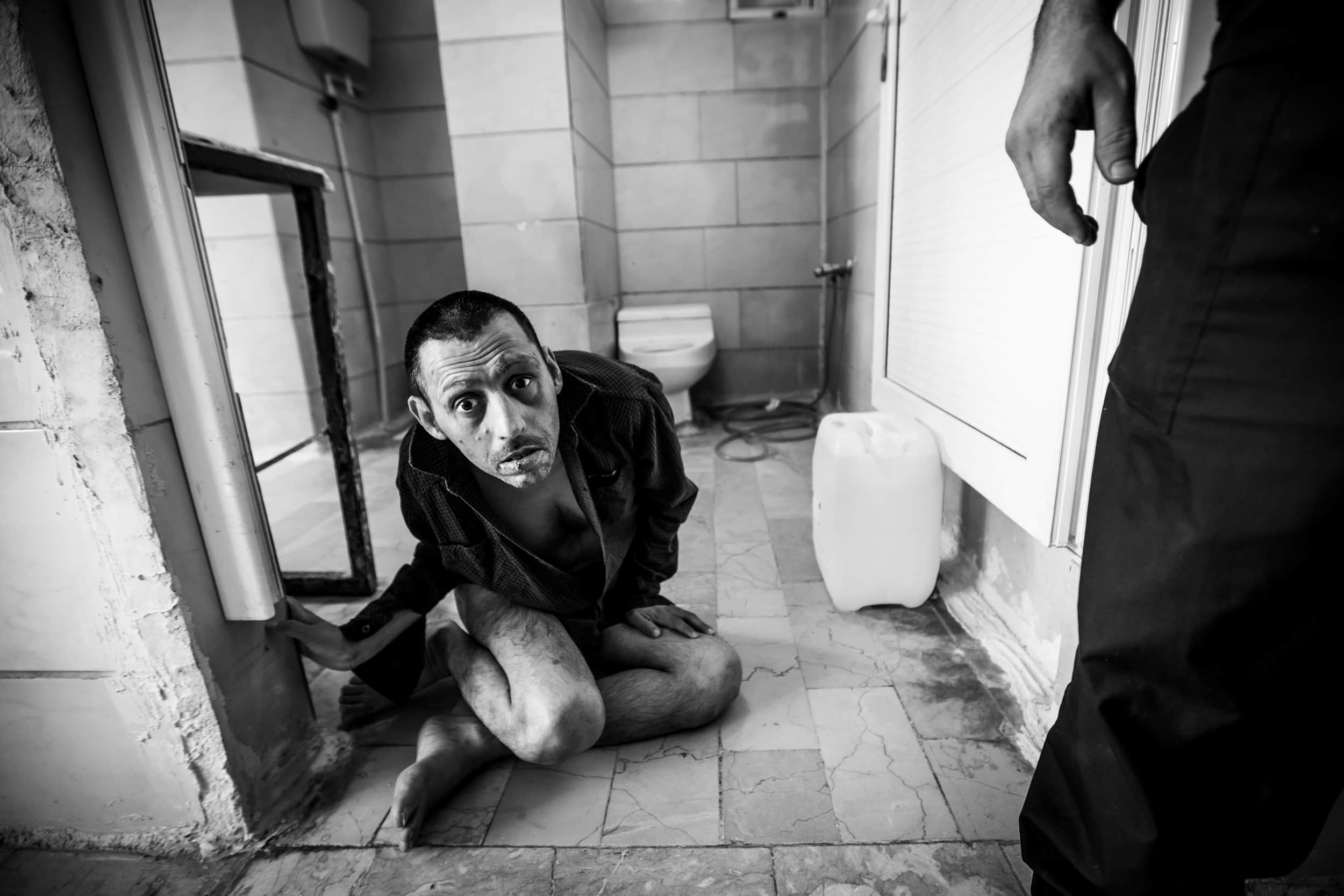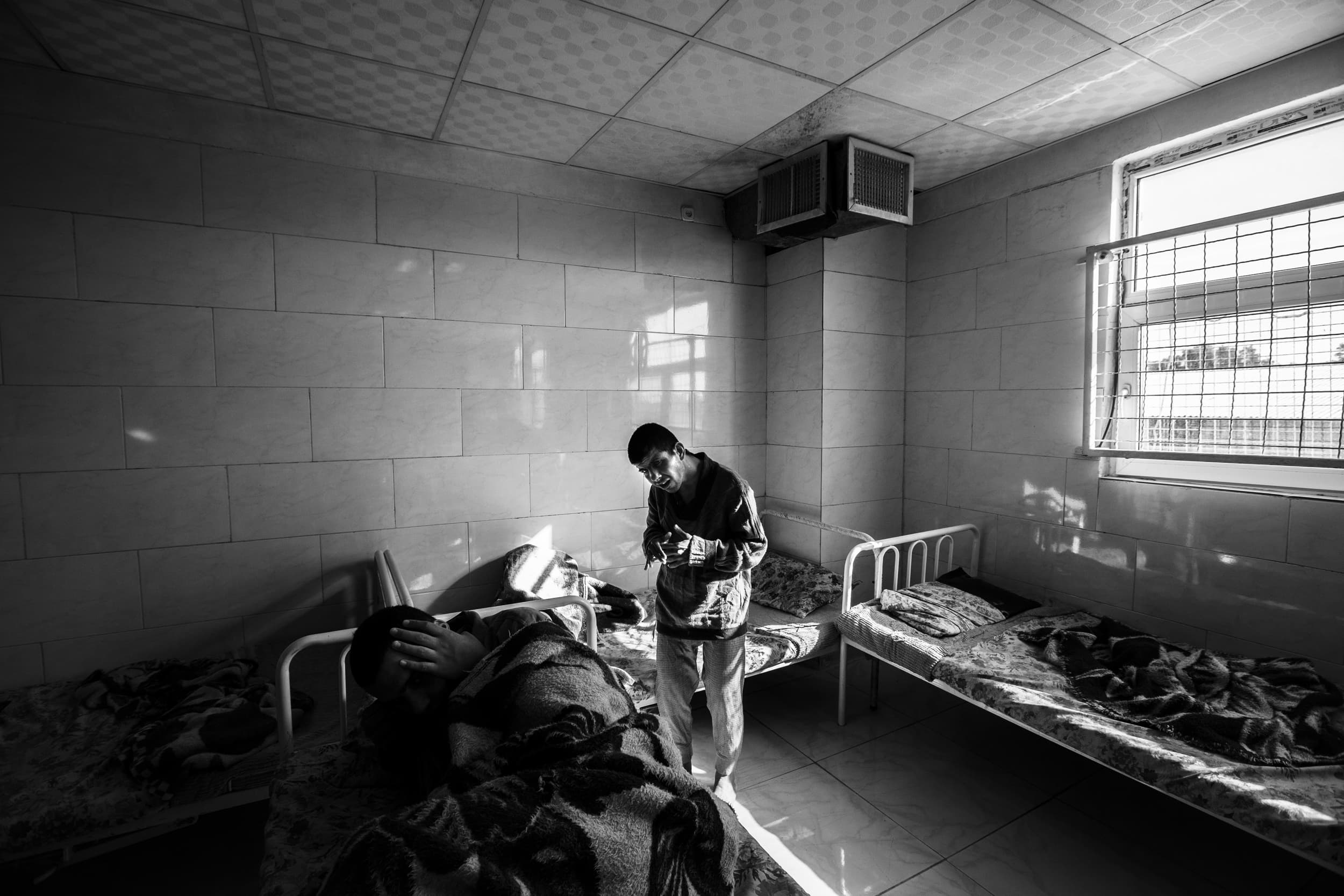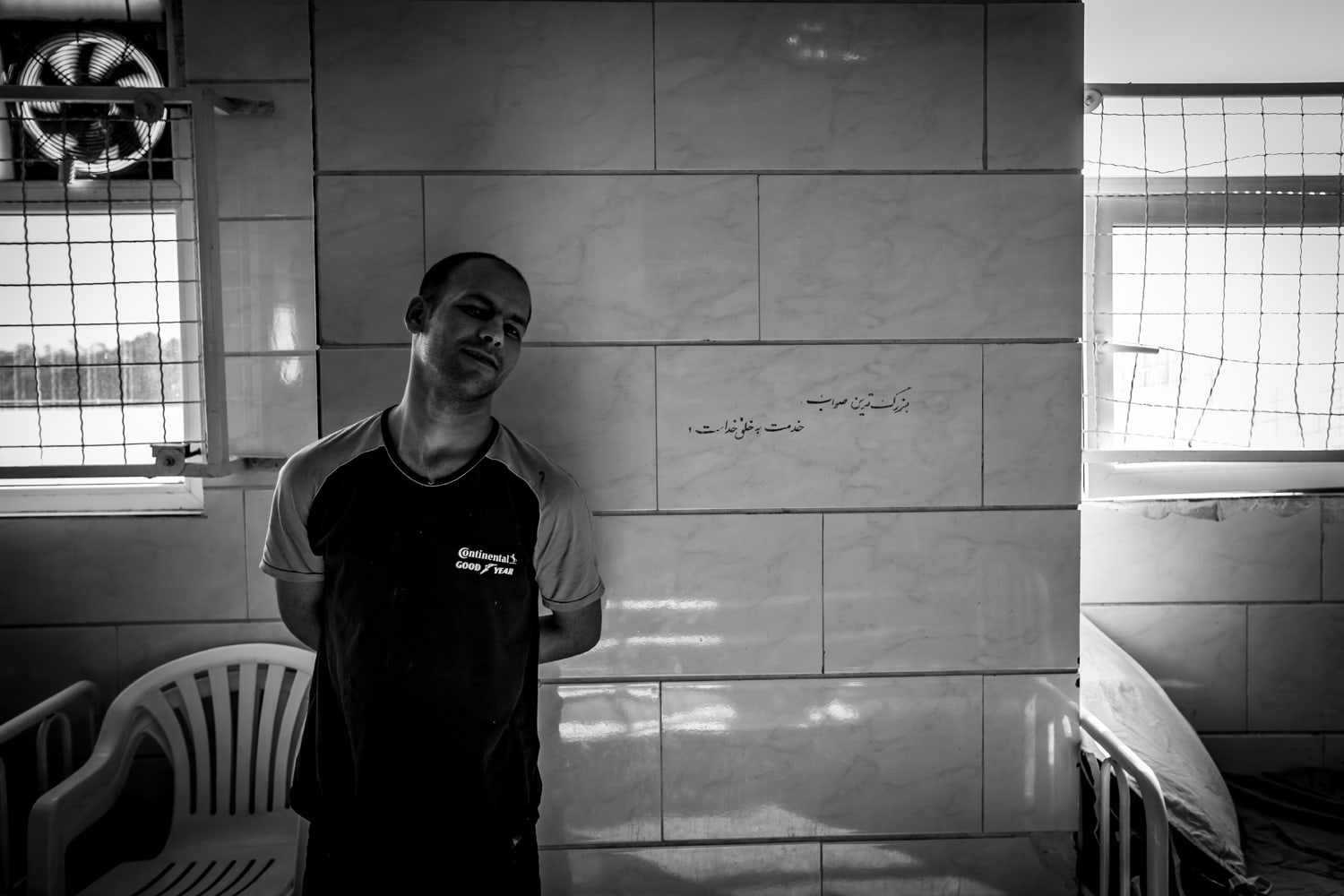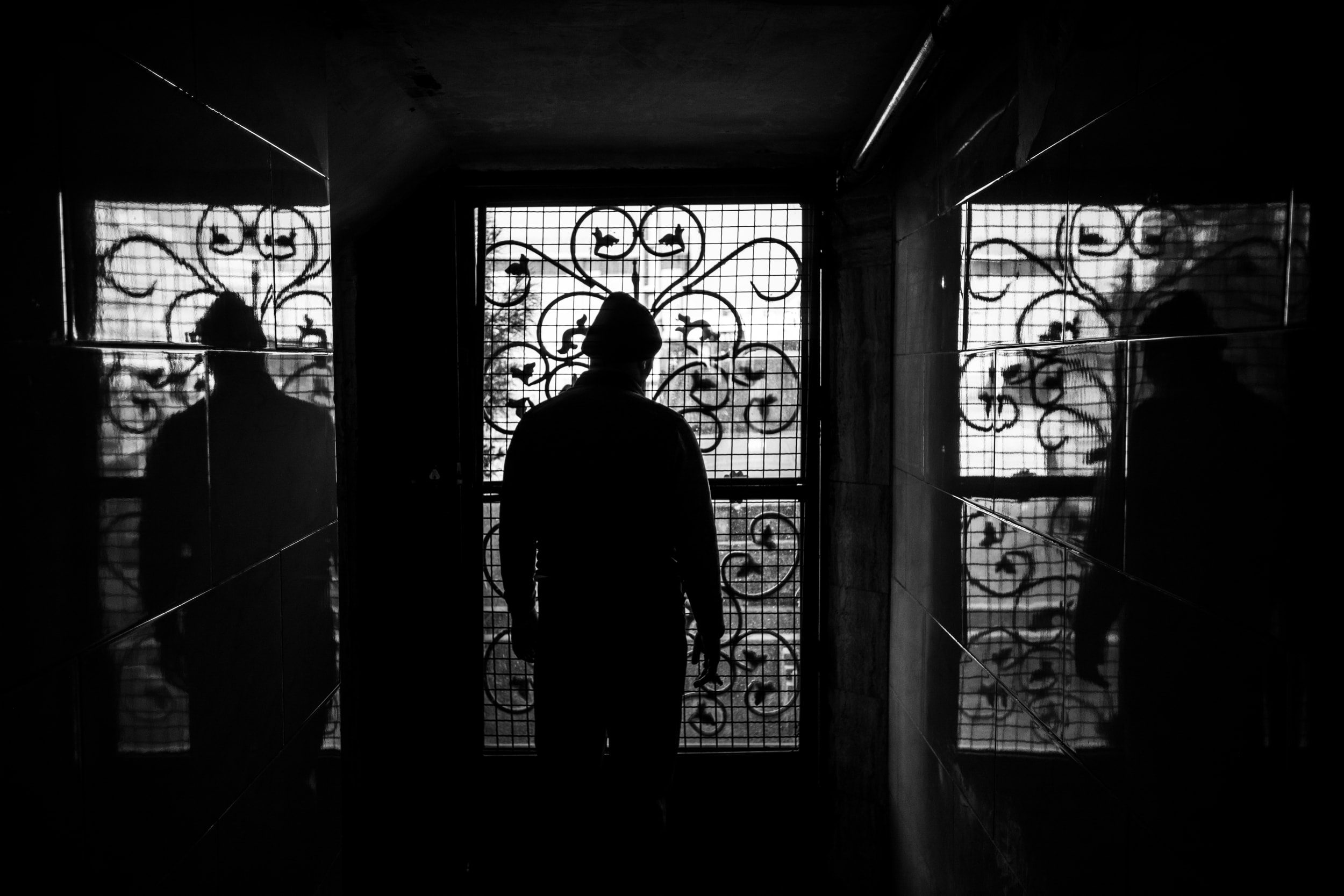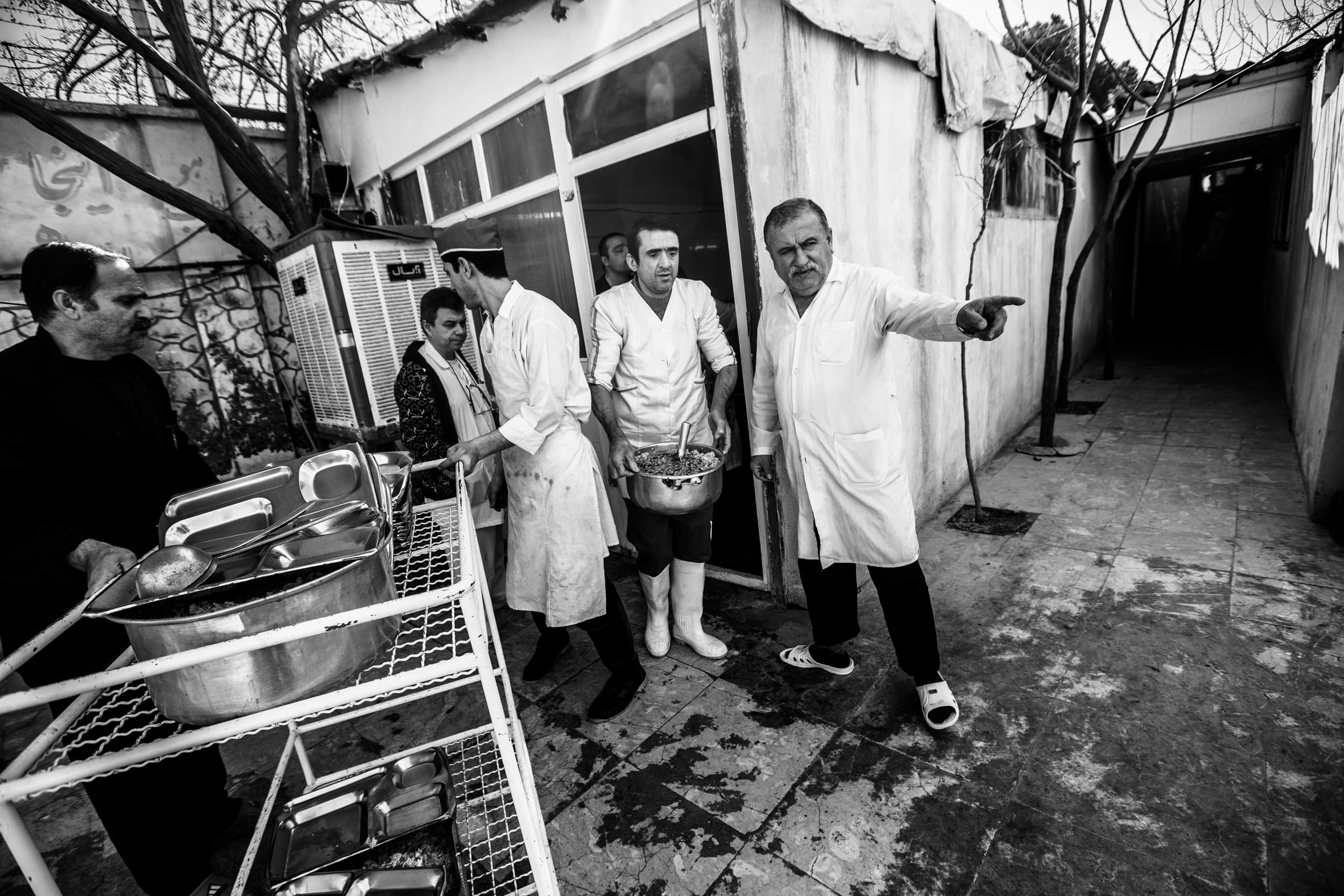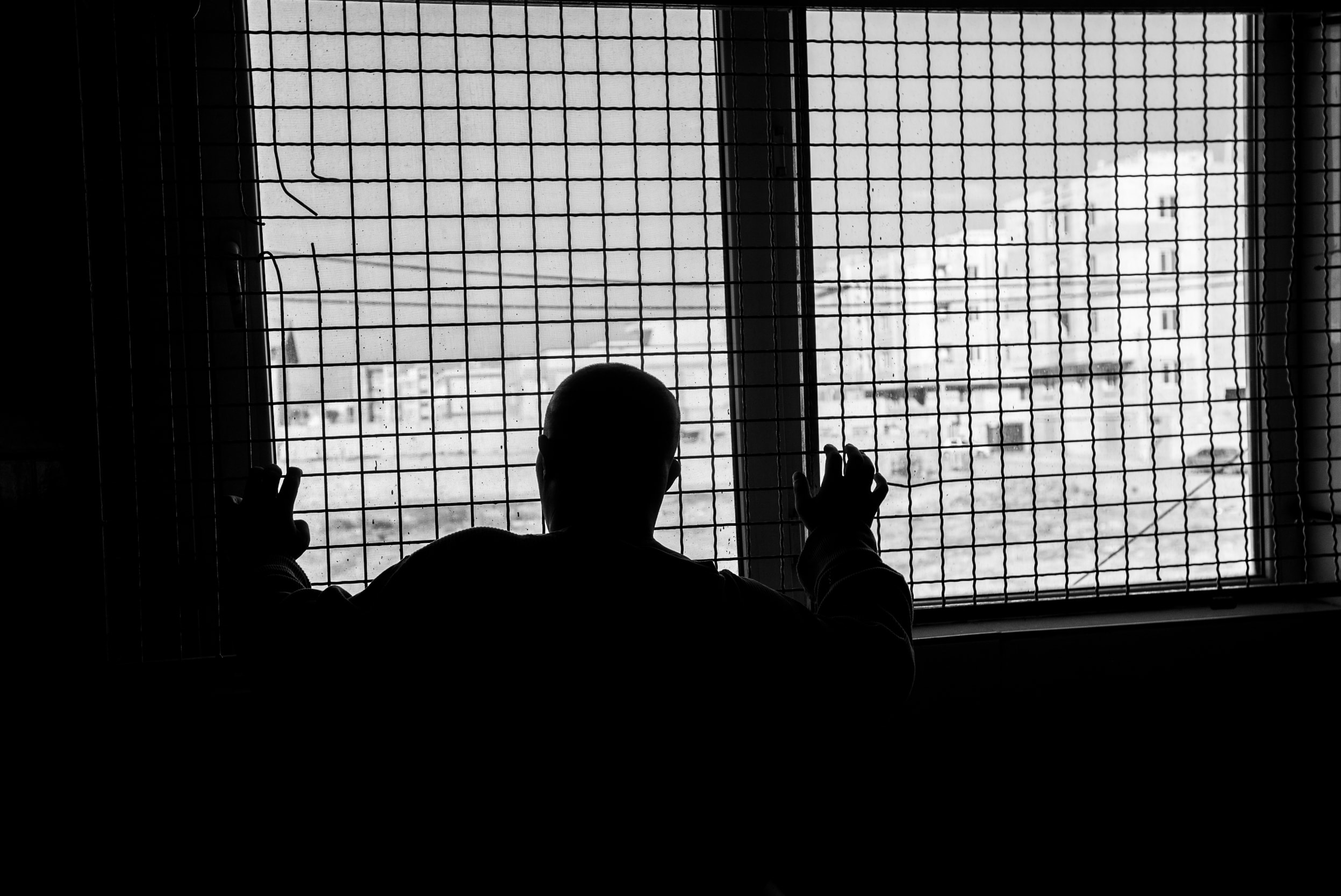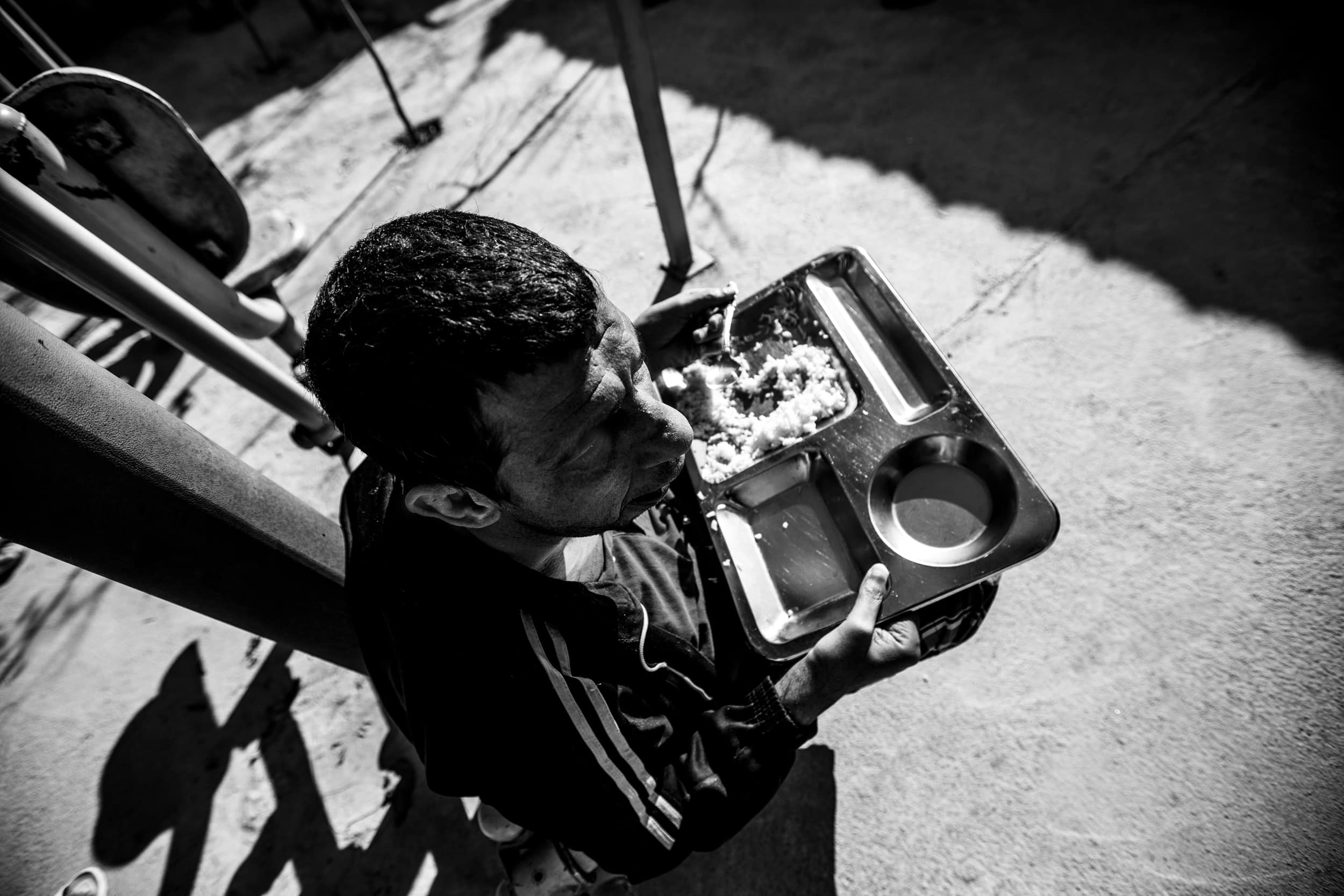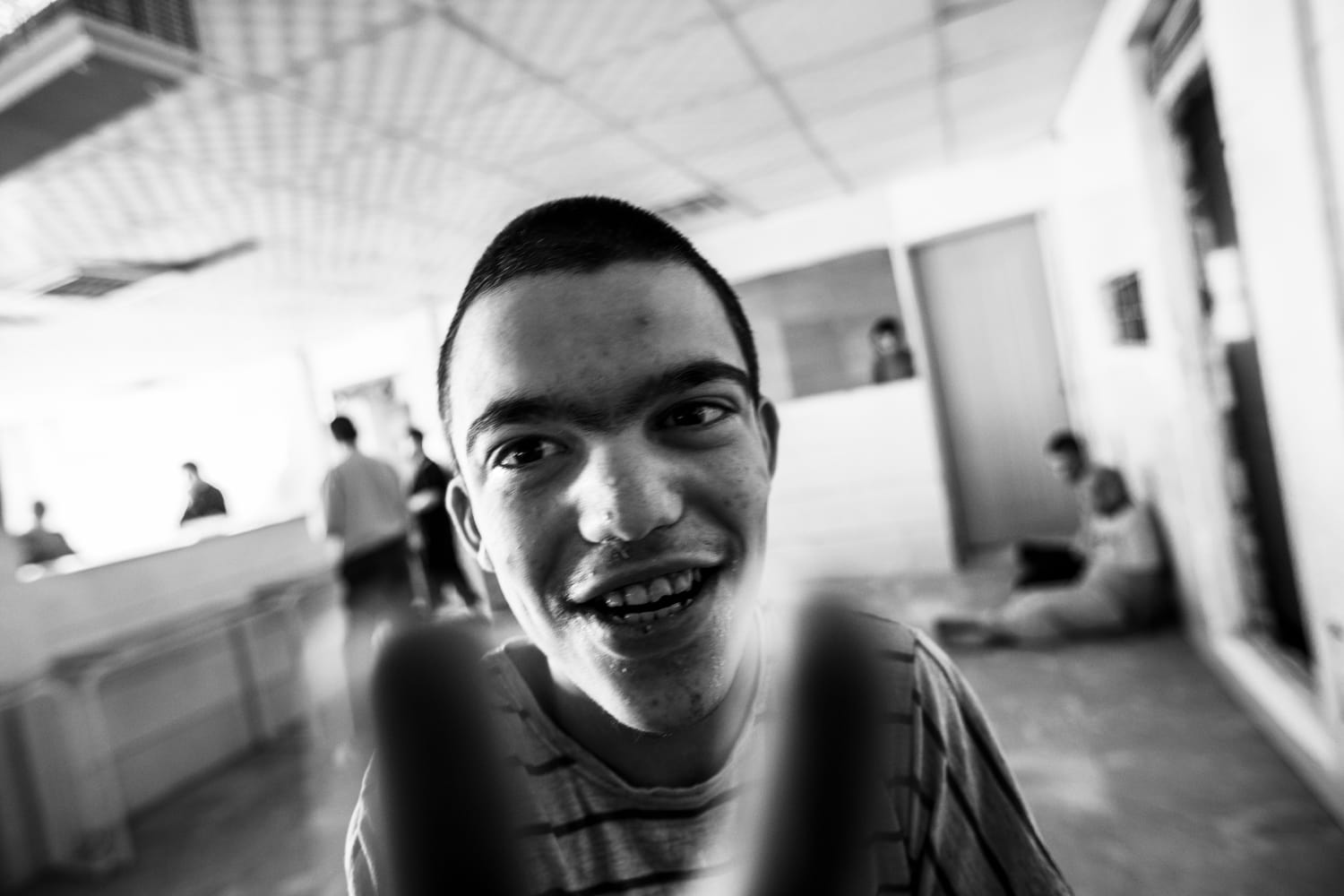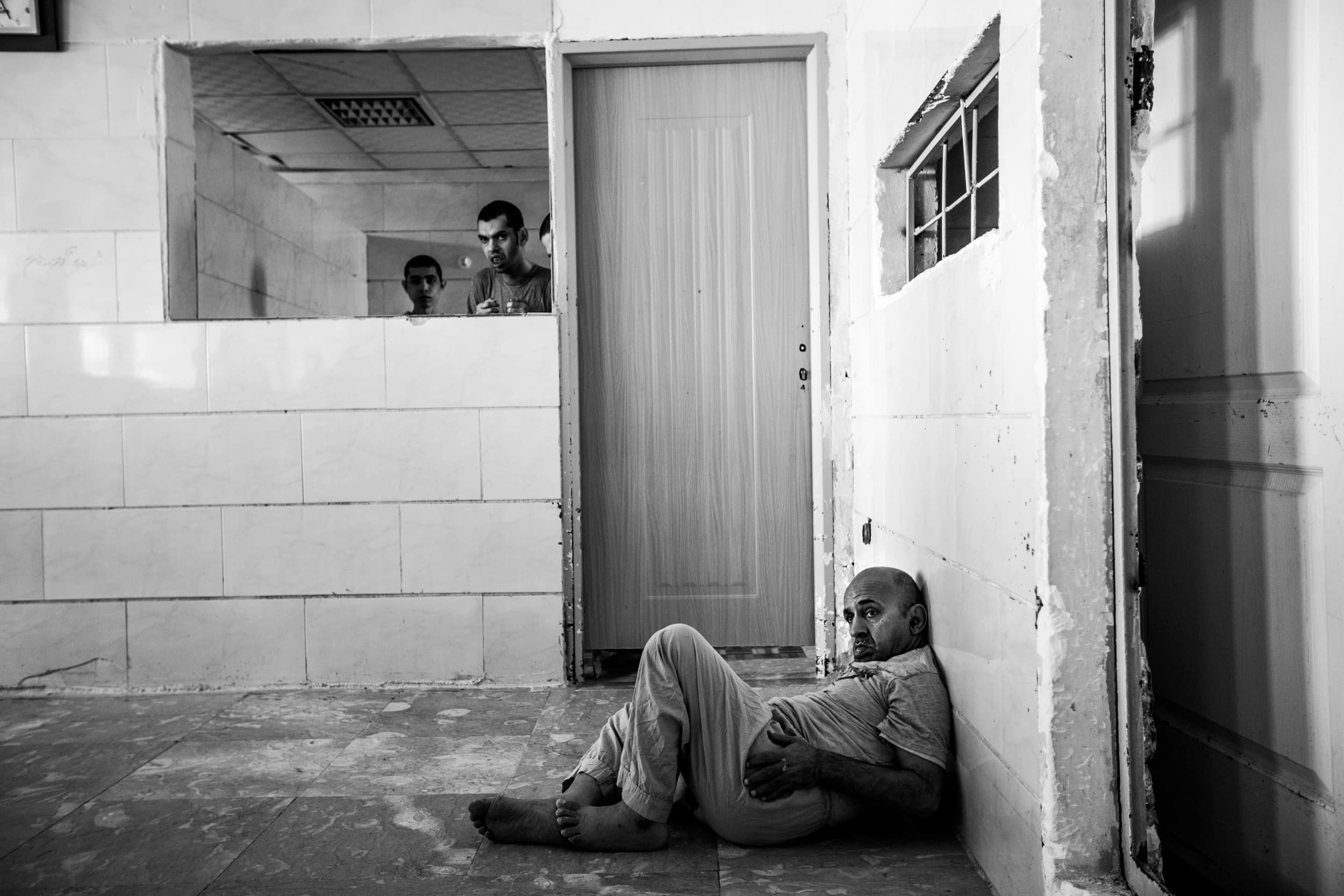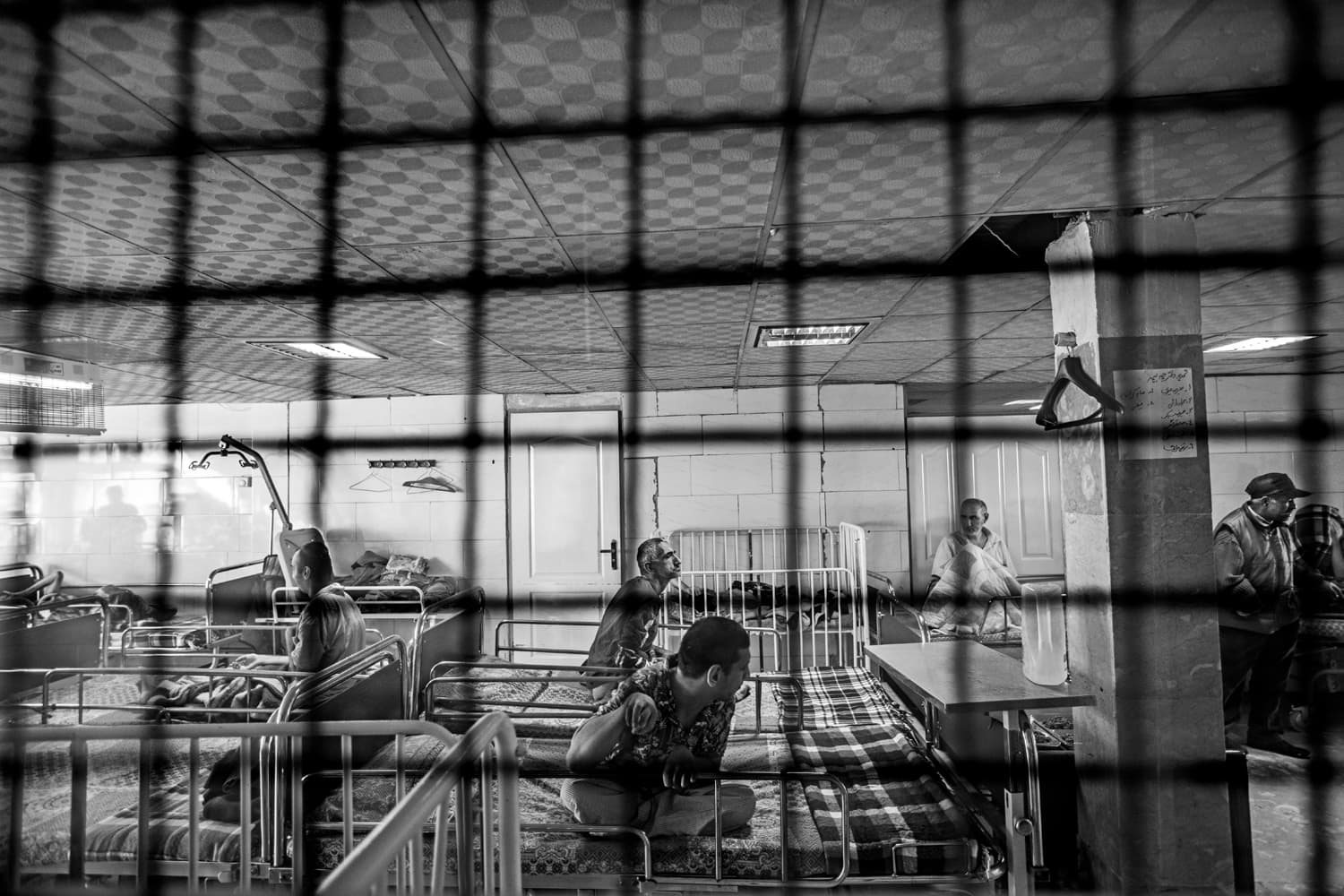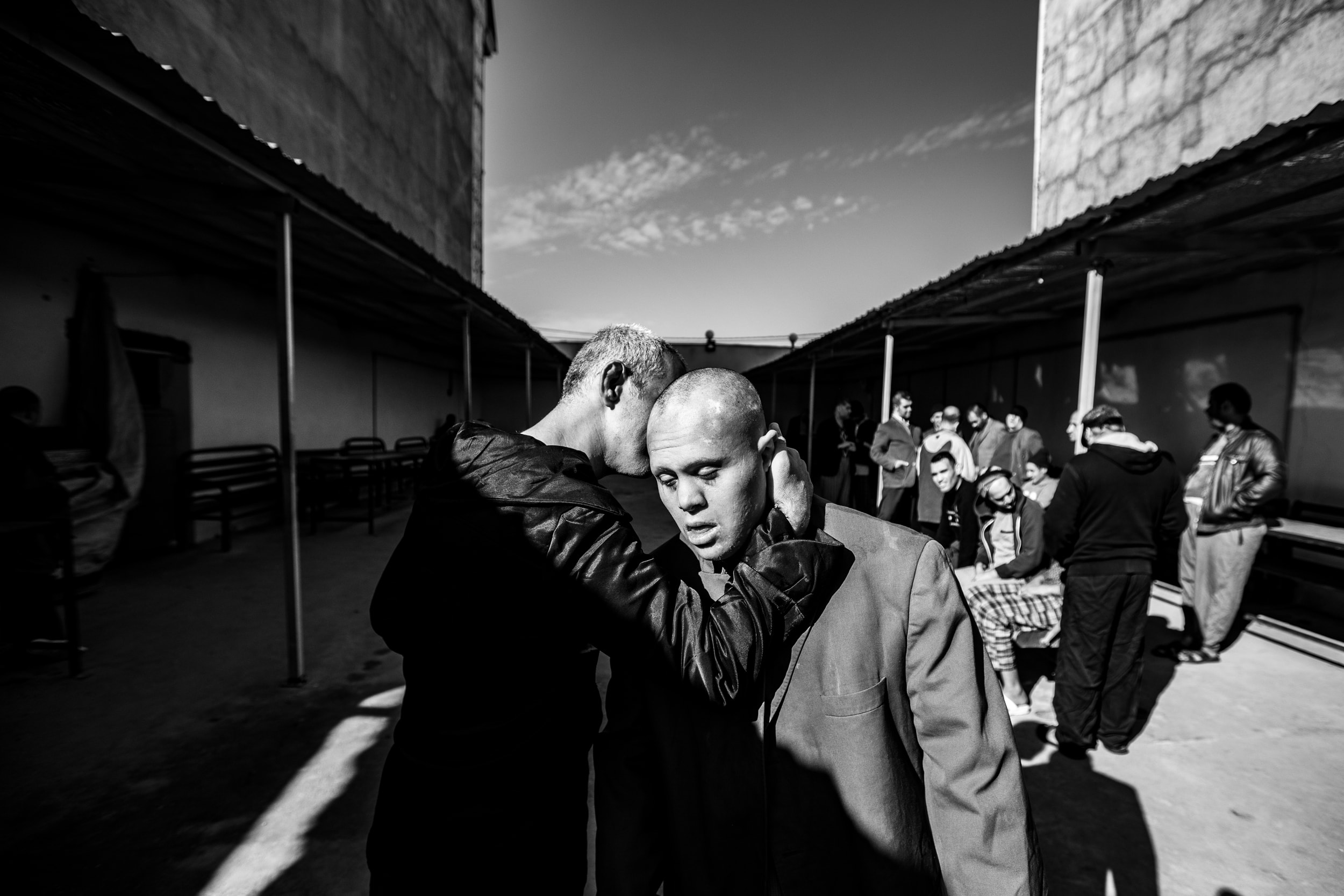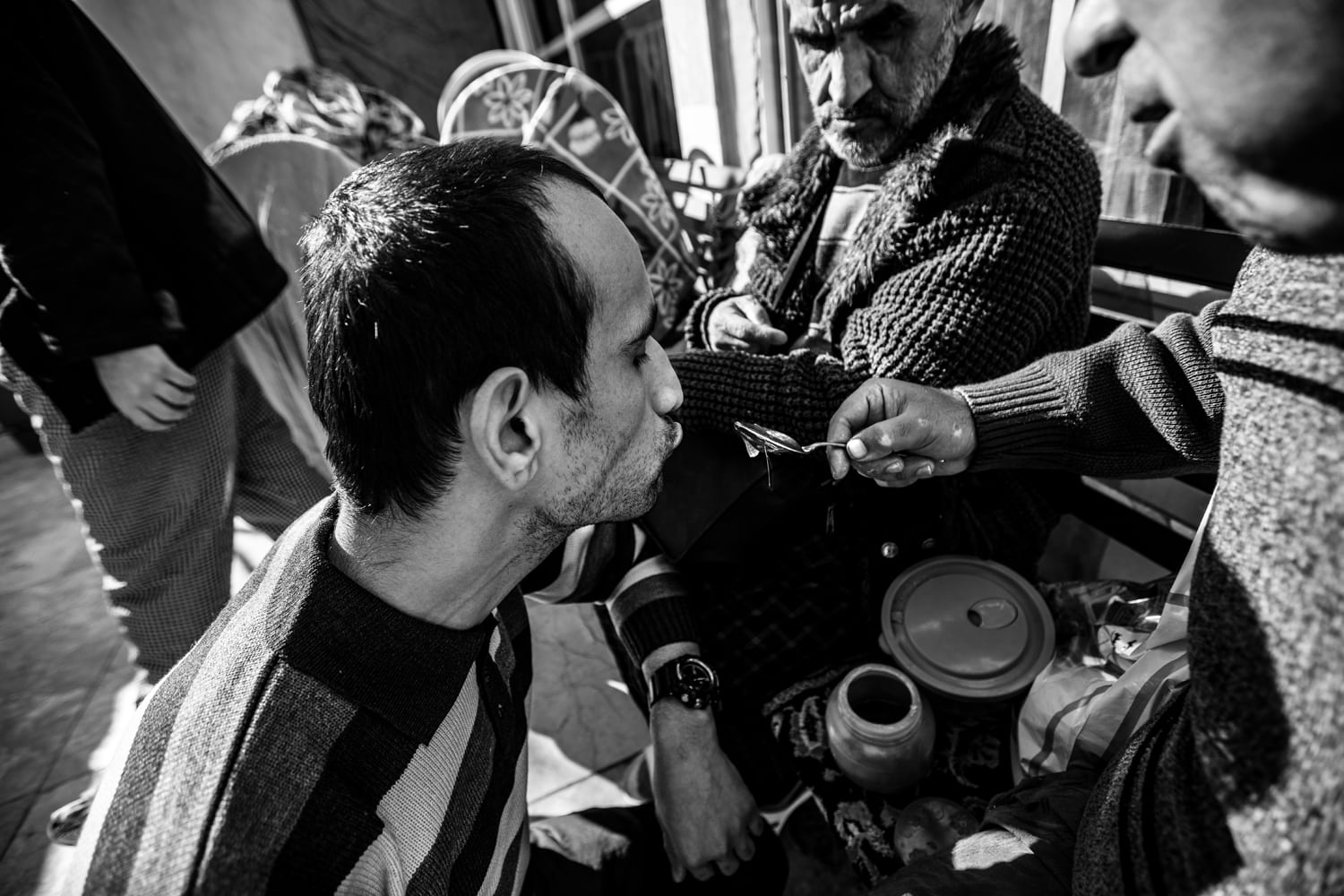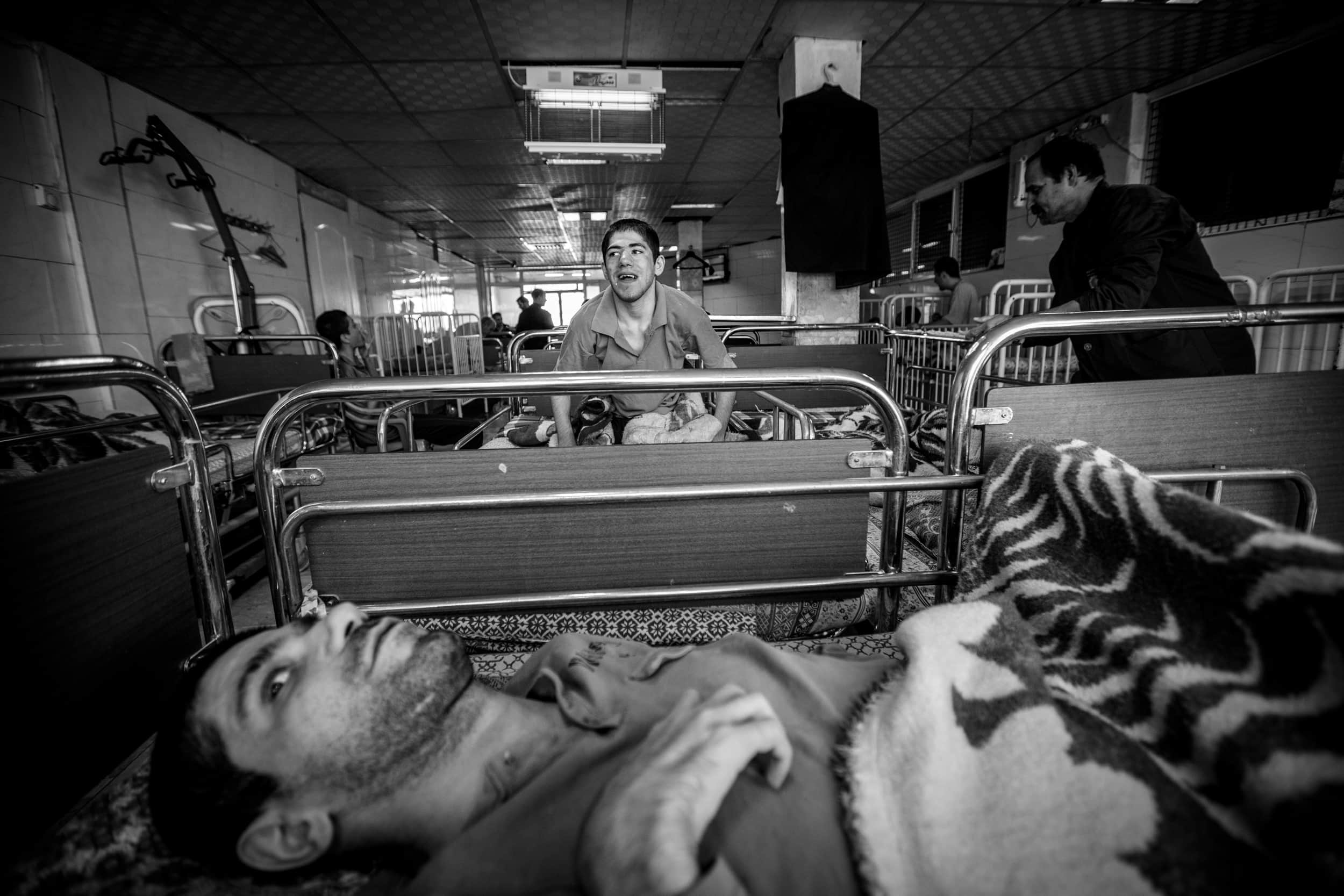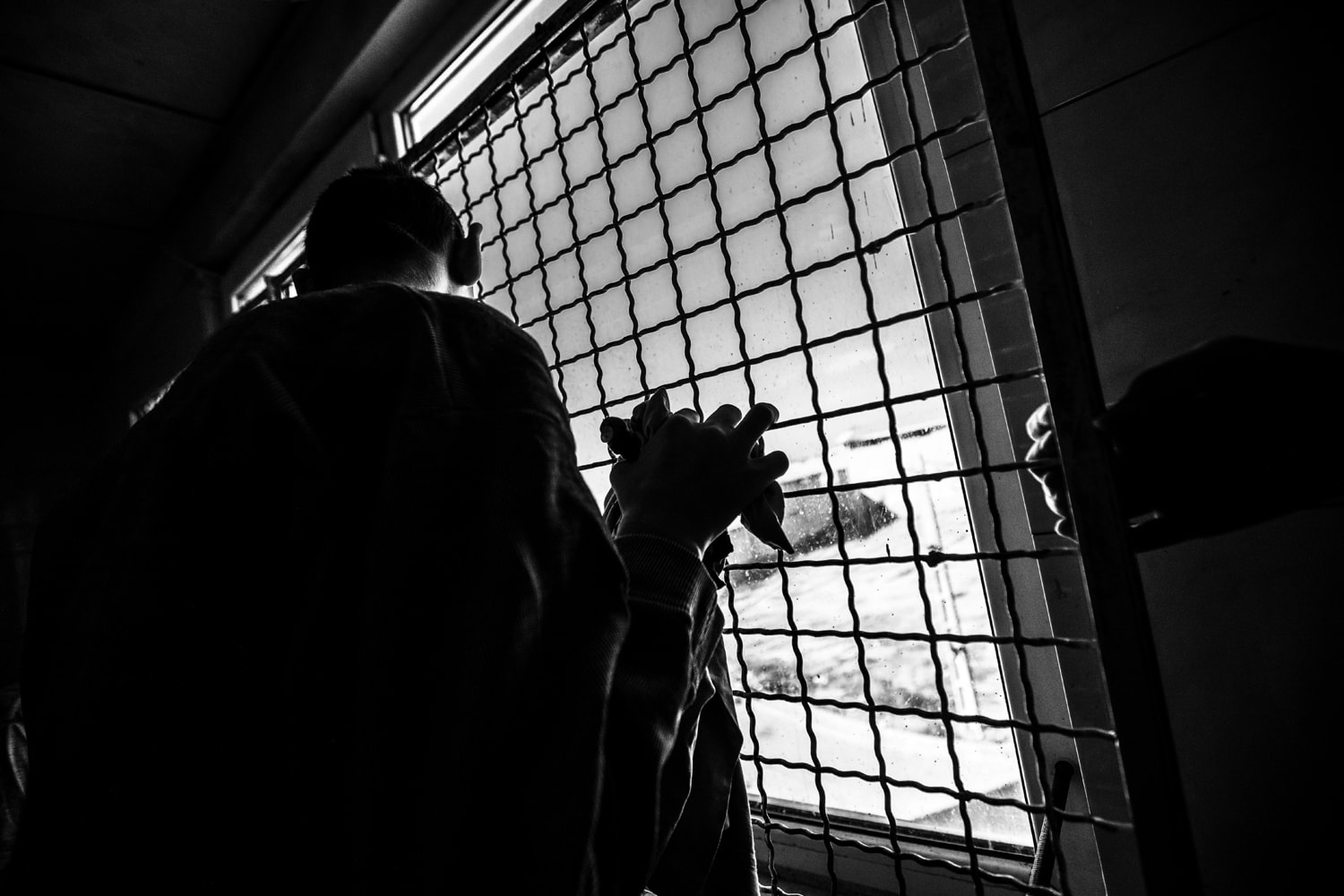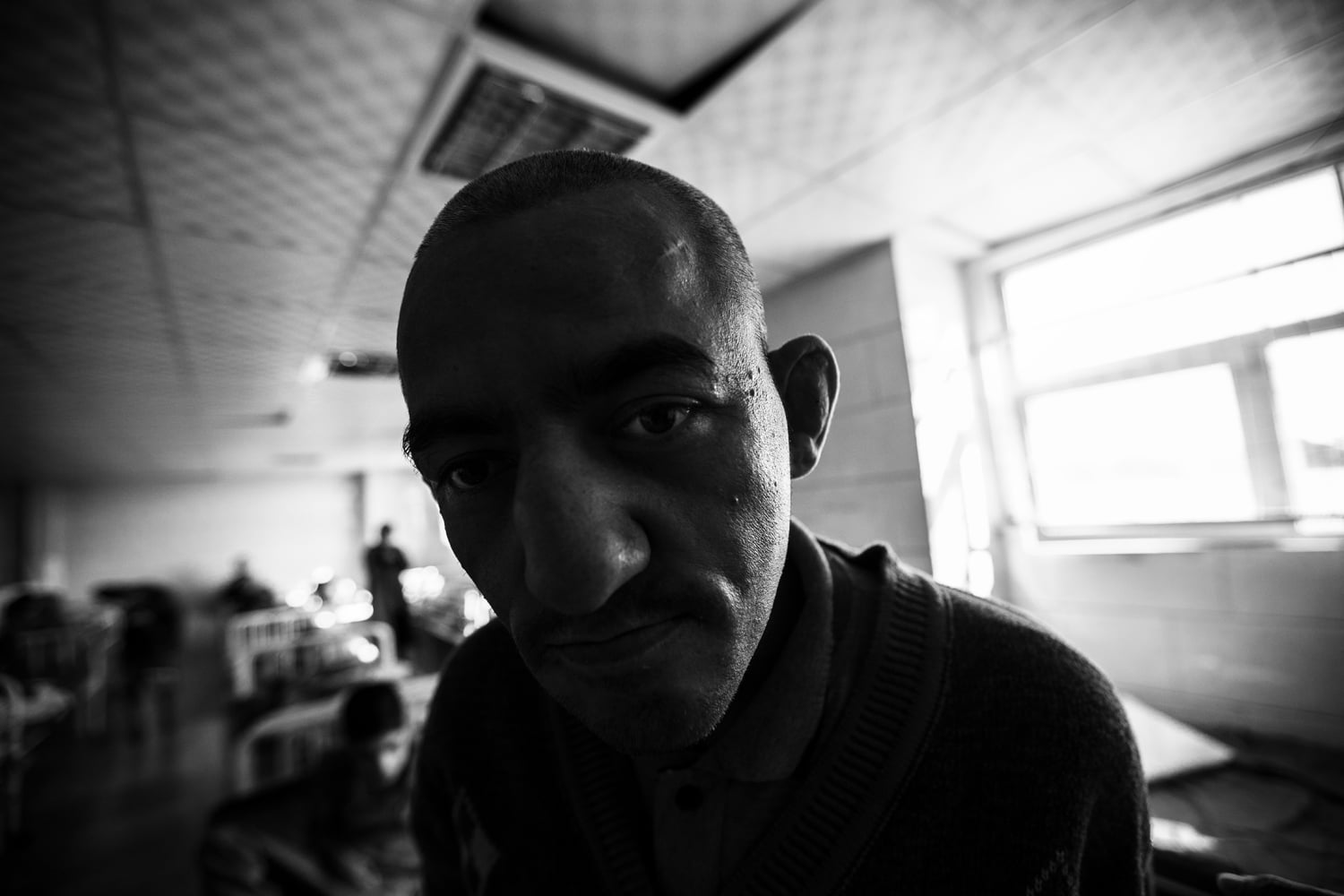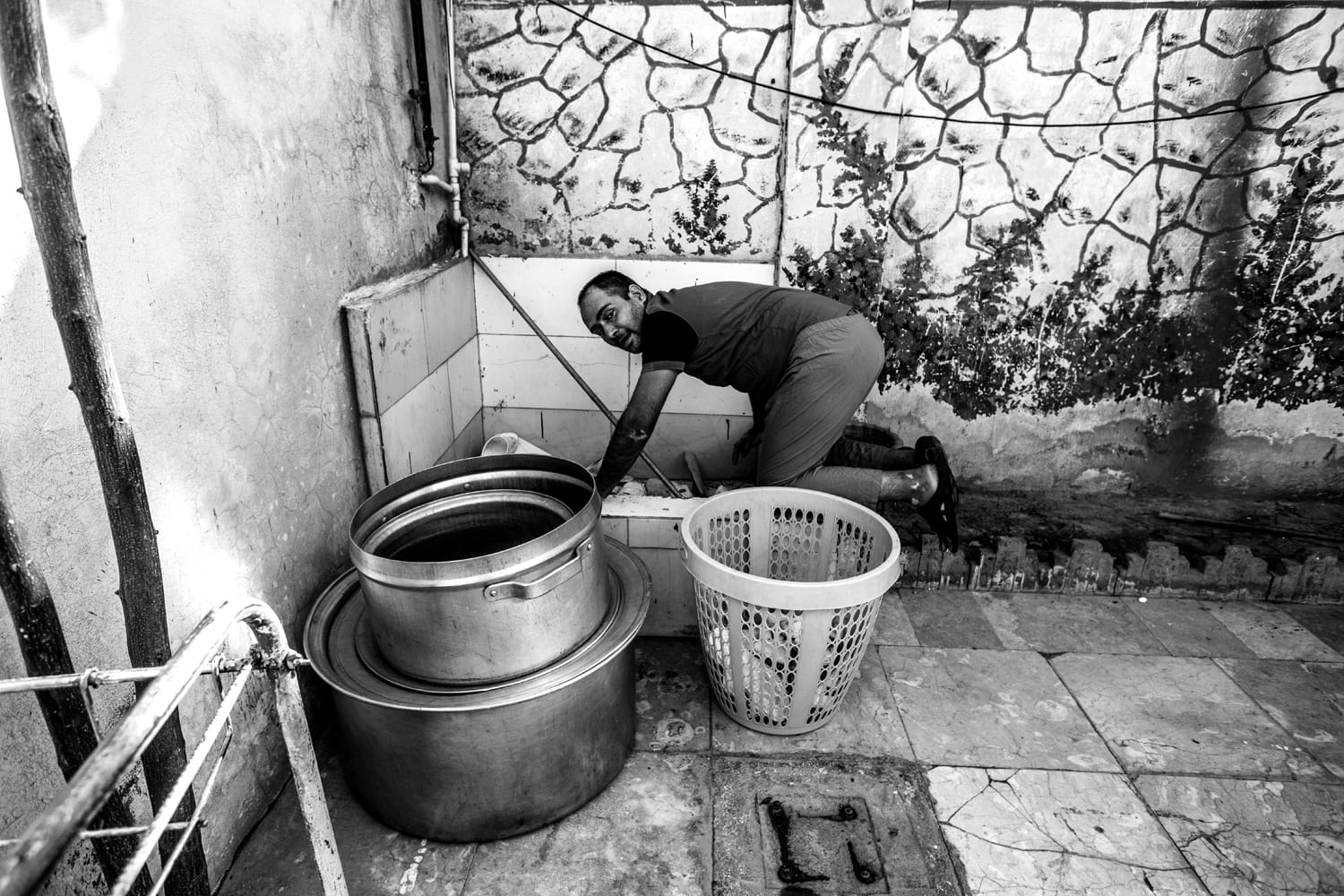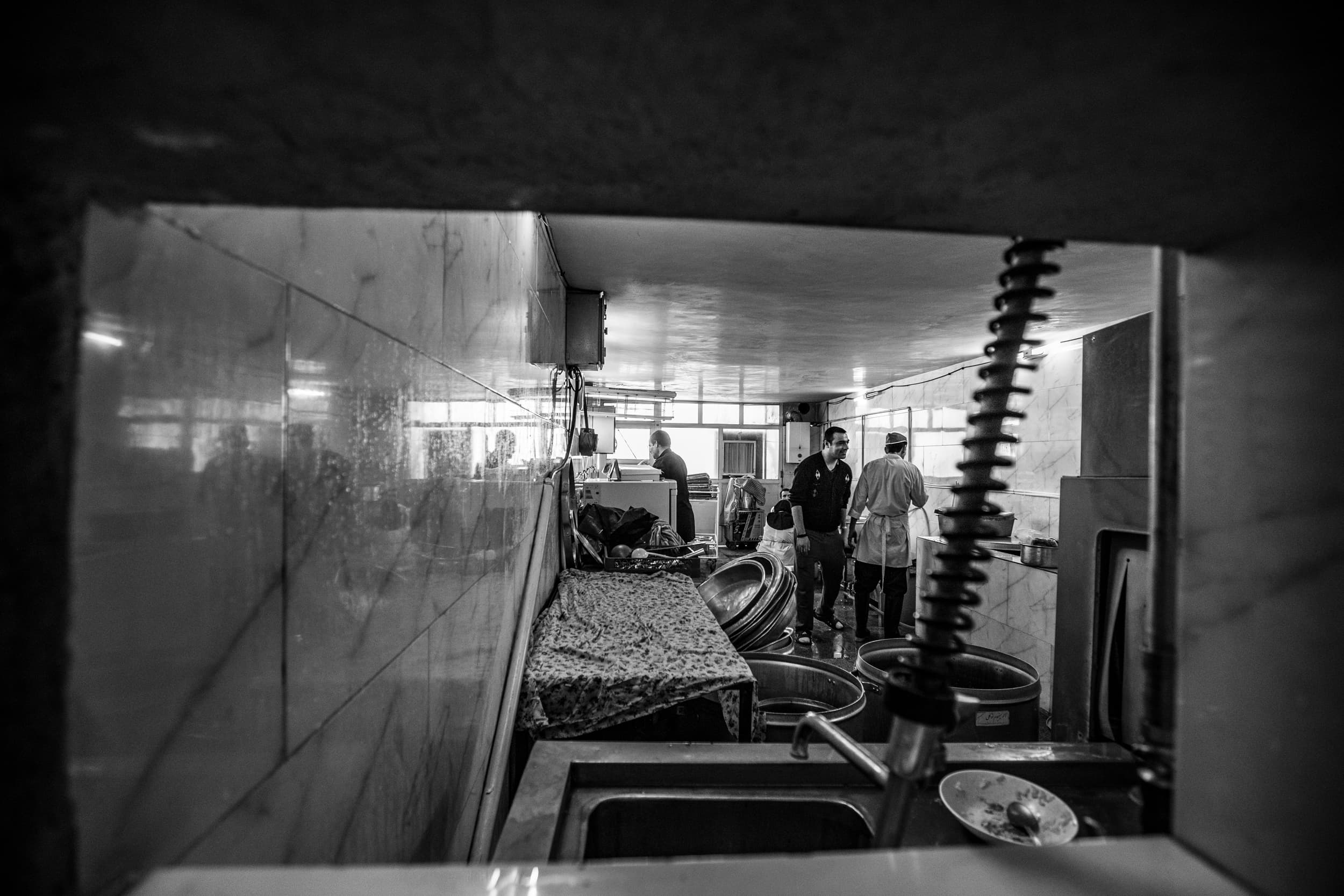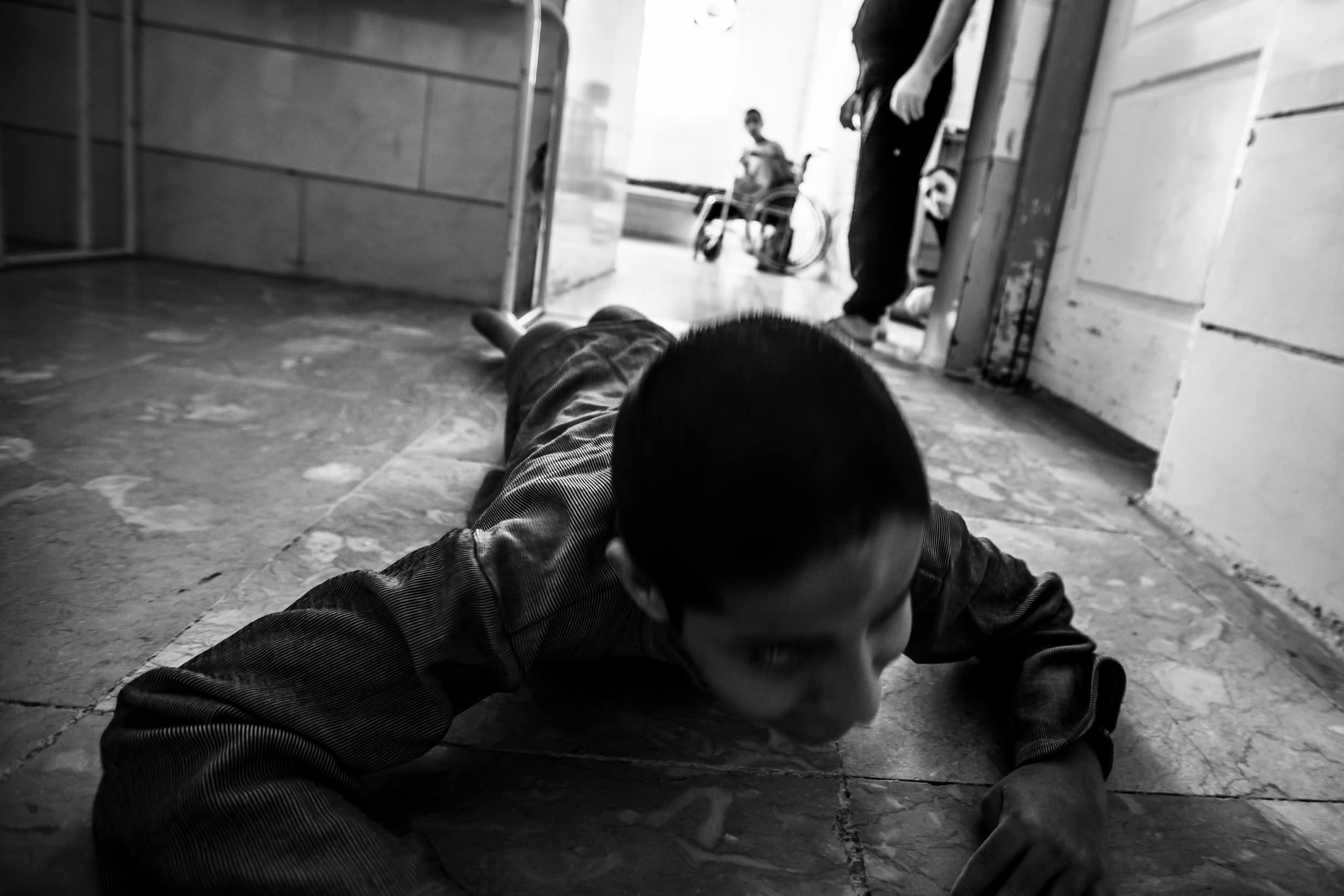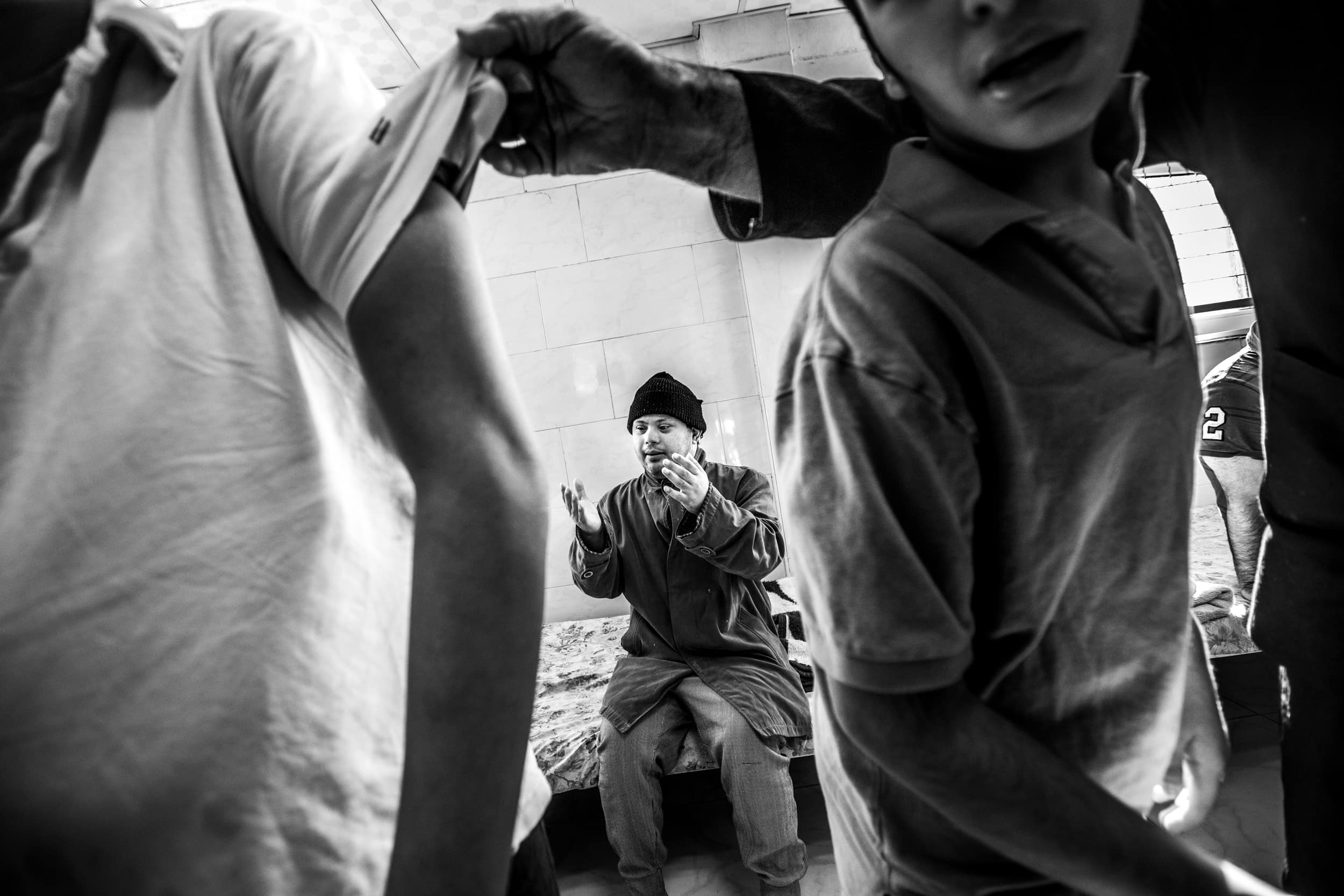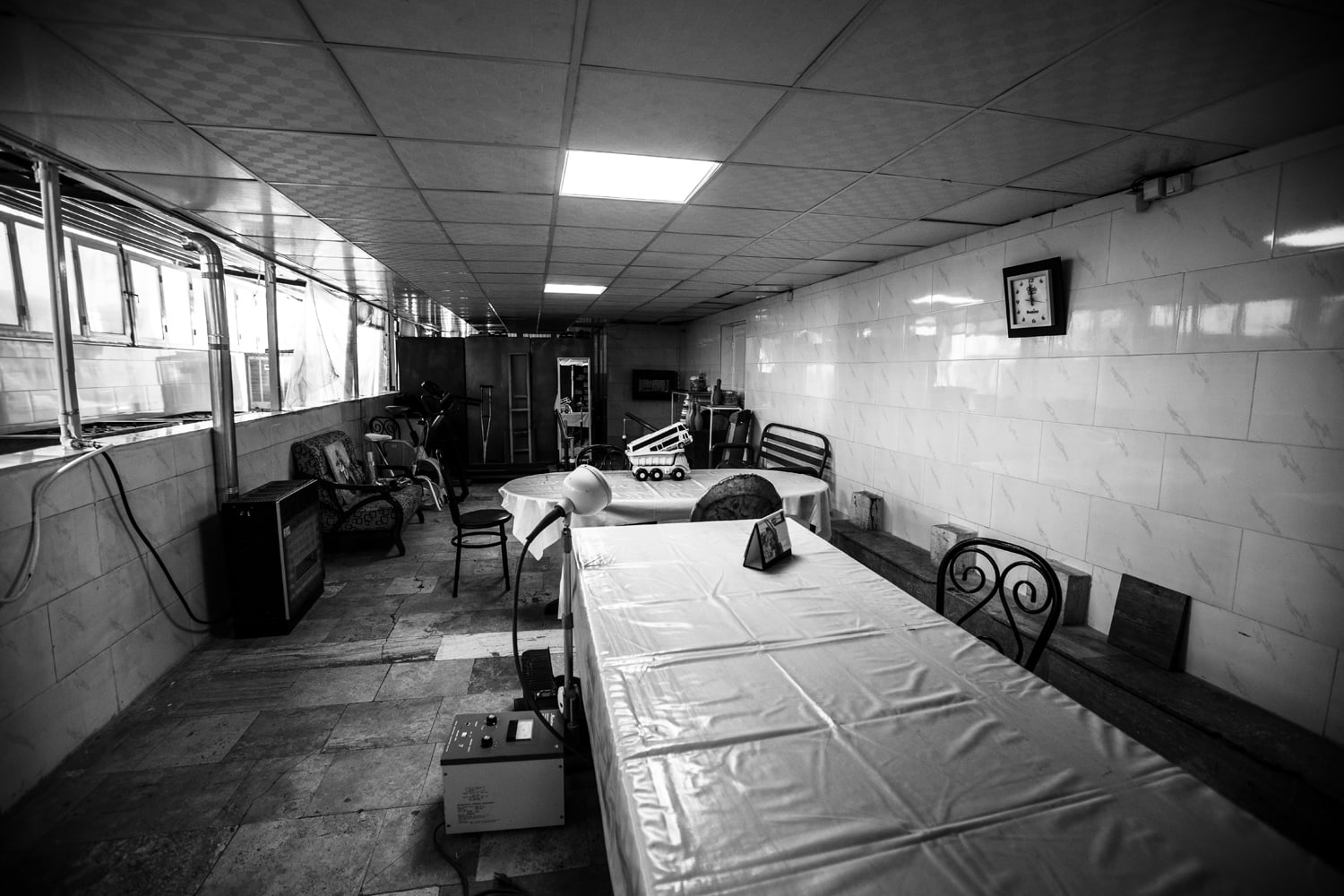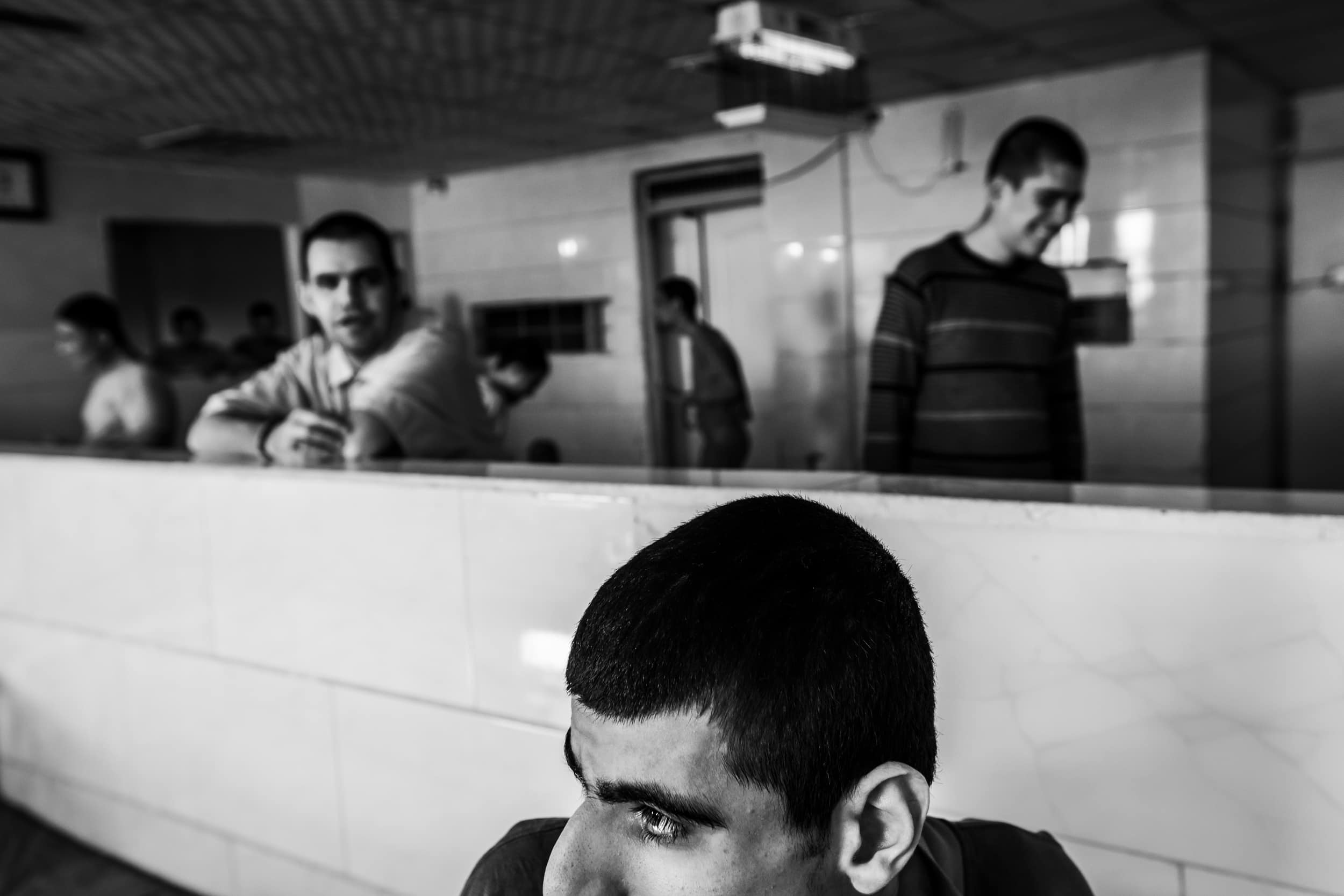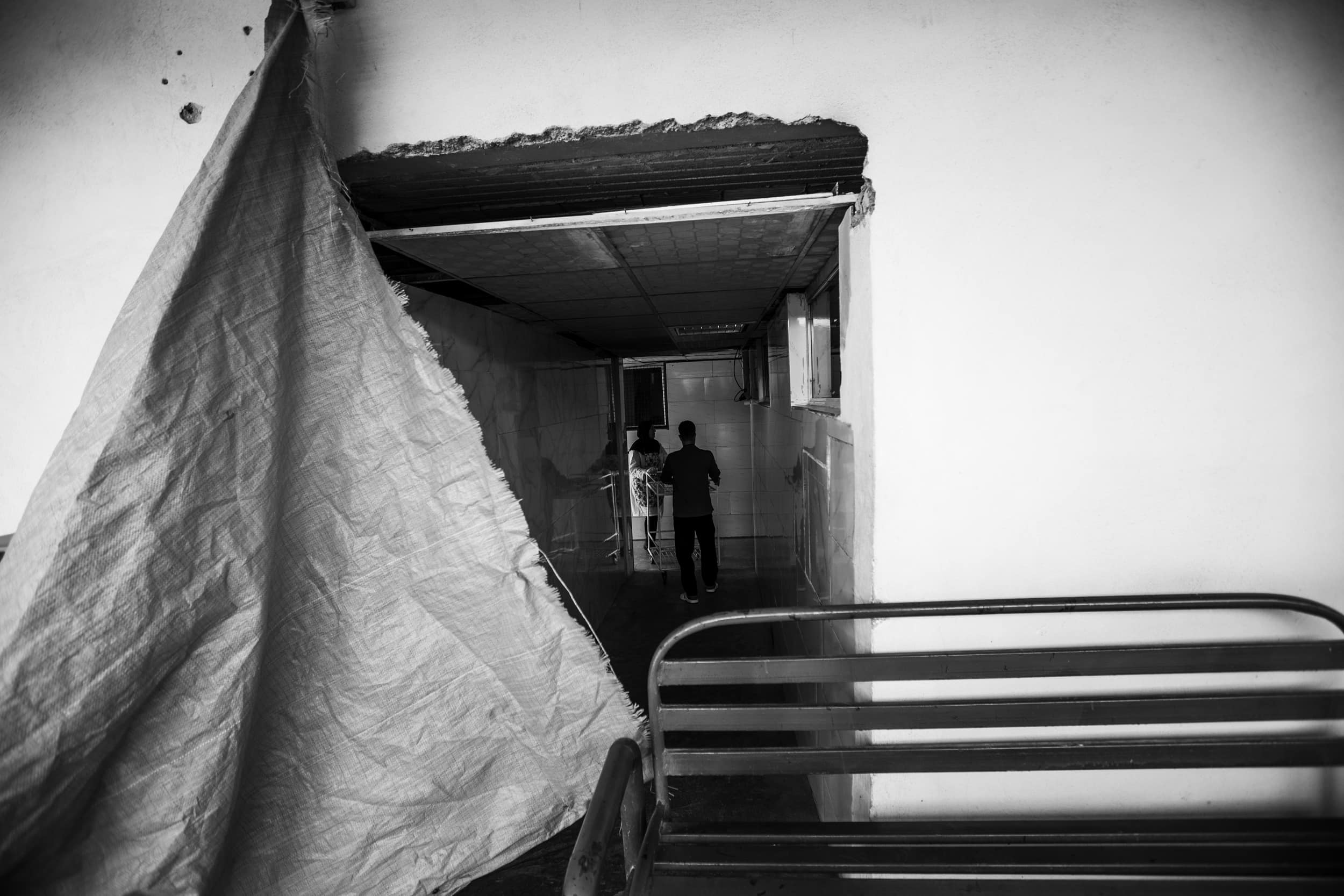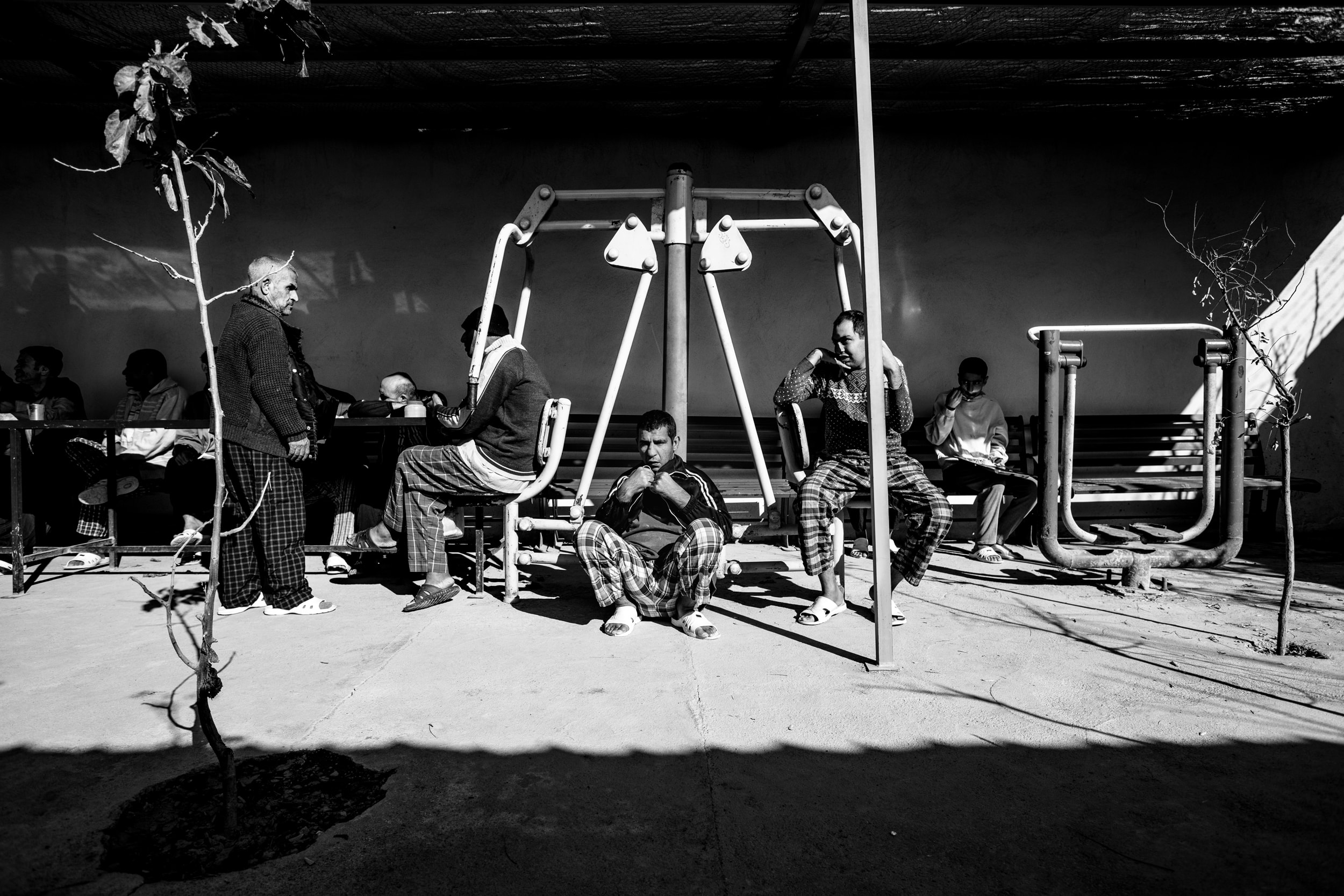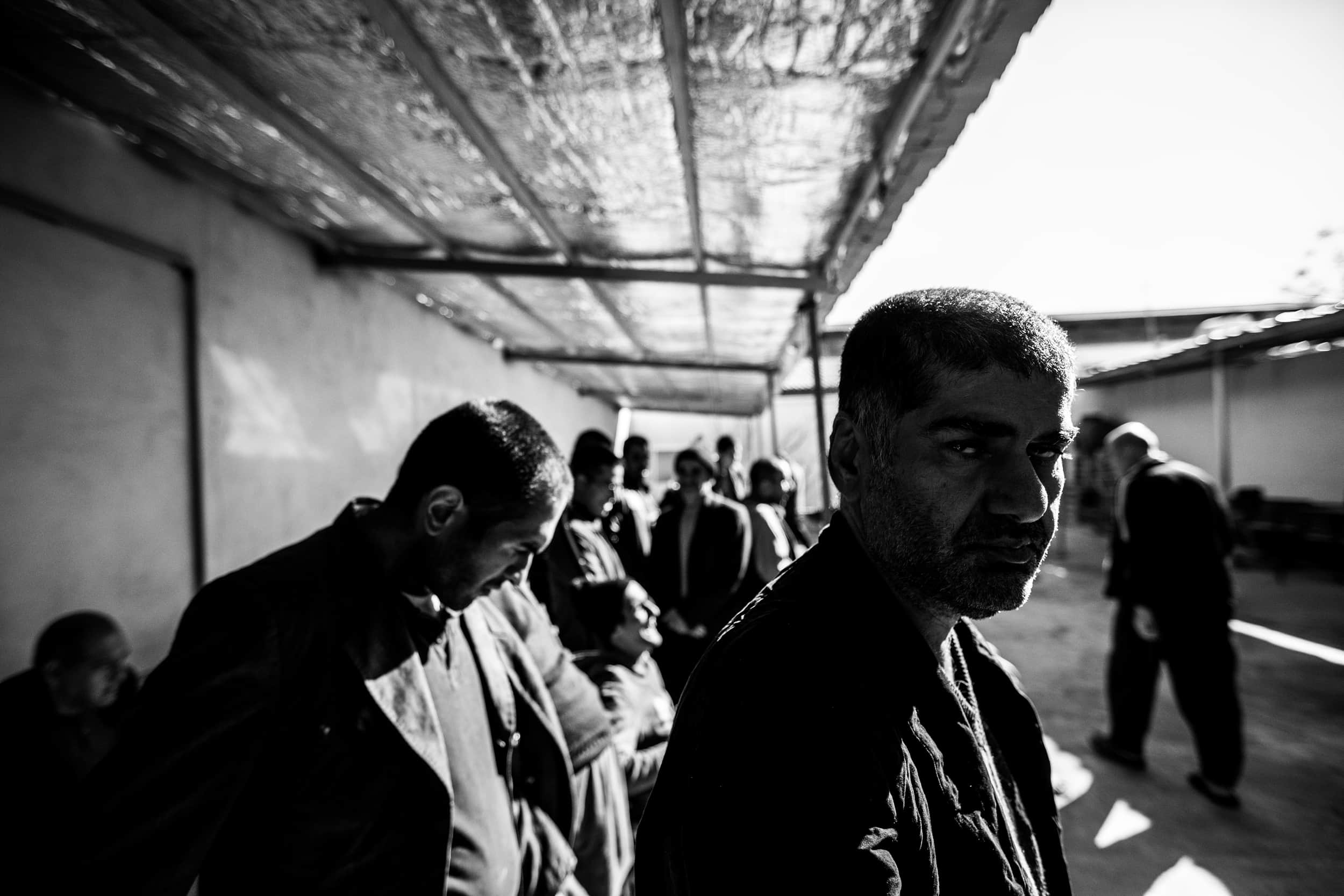Boiling Room- (Extended)
Project Location | Middle East, Iran, Tehran
Production Date | 2019-03-03
Just a few kilometers south of Iran’s capital city Tehran live over 150 mentally challenged and disabled men of differing ages. They dwell inside of a four-story building belonging to a semi-private institute. The building has barricaded windows, each of its doors is locked, and all of its staff rooms are heavily secured. Aside from a few patients who are attending the institute's theatre classes, on the first floor, the rest are either laying on their bed, roaming around a crowded room or clenching their fingers around the barricaded widows while gazing outside.
Due to the new US sanctions, health support, and medicine have experienced one of the most significant drops since the year 2000–and for such a small institution–it has come at a high cost, one that has diminished, and has almost ended their practice. This particular institution receives a small portion of a fund from the Iranian government, but donations and private funds cover the majority of the expenses. In just less than three months, the cost of “necessities” has risen over 40% and the medical cost has increased by 50%. The gap between revenue and loss faced by such institutions are enormous, and there is almost no way out.
On the other hand, in Iranian culture (even today), less developed kids or mentally challenged ones are mostly being either kept unseen or abandoned at orphanages. Unlike developed countries, Iranian society has yet to accept their exitance or given them their full rights. Moreover, there are no government regulations and support for special needs kids, nor are there any specific health programs which cover their health-related costs. As a result, families feel ashamed to have family members with psychological or developmental issues. Furthermore, due to the lack of government assistance, their living costs are over the roof. In Iran society is not ready for them. Thus, many of these vulnerable individuals end up living in either non-profit or semi-private institutes.
Every day, ambulatory patients, spend few hours in the backyard, listening to music, exercising and having their lunch. While non-ambulatory patients mostly remain confined to their aluminum beds. For the first group, this quality time is the closest taste to freedom and social life that they might have. During this brief interval, they can breath fresh air, communicate with their friends, and enjoy being outside of the “Boiling Room.”
Iranian life has been pressed harshly, by cause of the new sanctions imposed by the USA. Some people must have a second job or even a third job to make ends meet, and that's merely to cover the high cost of living and not for leisure, entertainment, trips and so on. As a result of the actions taken against Iran, not only has the standard of living been profoundly affected but so has the quality of life, it feels as if there is no more room to breathe for the Iranian people.
The consequences of this fragile economic situation are many, but for the hard-working team at The My Children Institute, there is only one. According to the–very concerned–head of the institute, if there are no financial changes or improvements by the of this year, there will be no other choice but to close the Institute, and for its residents there will be no other place to go but the street.

